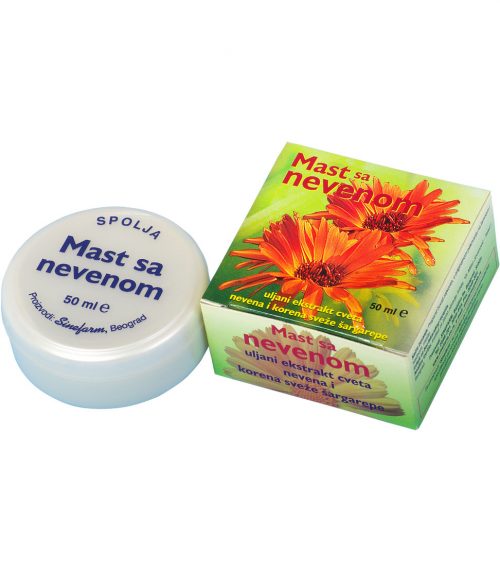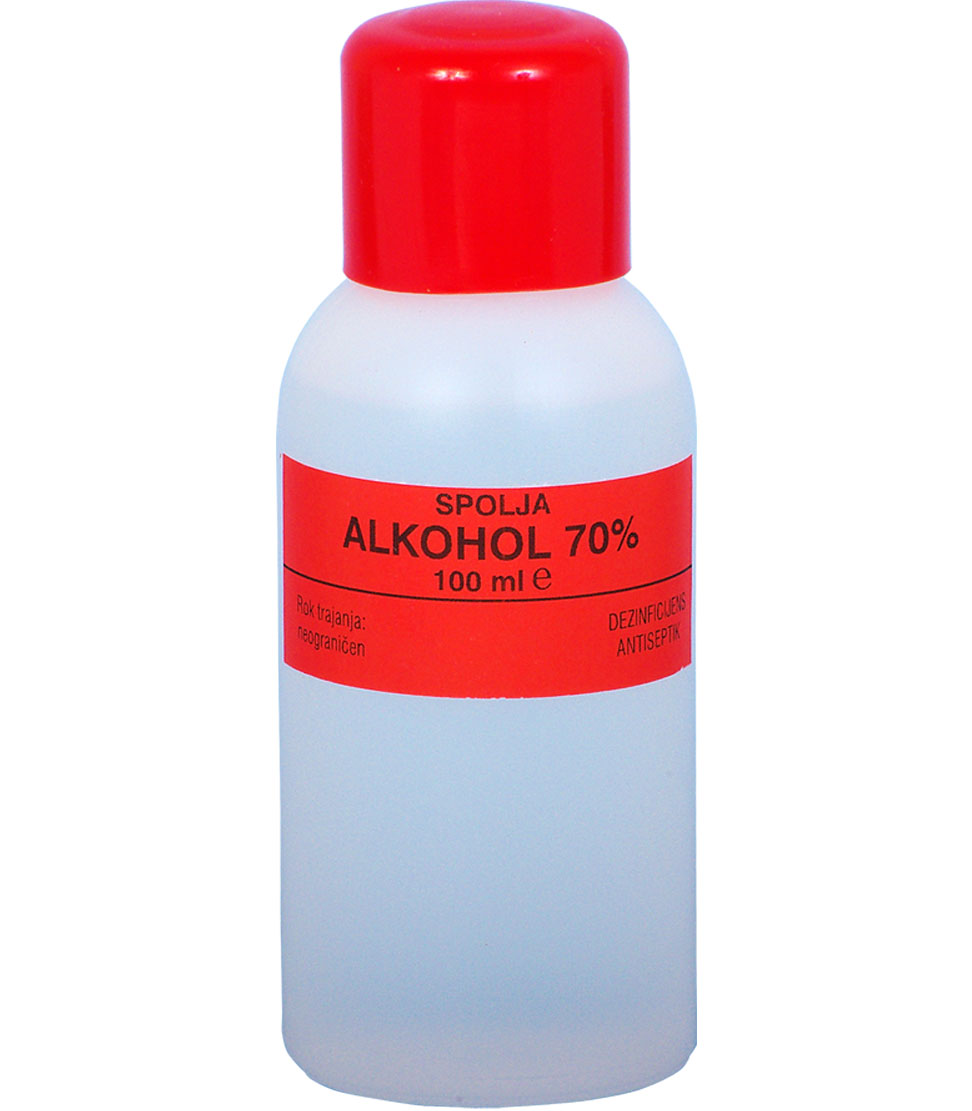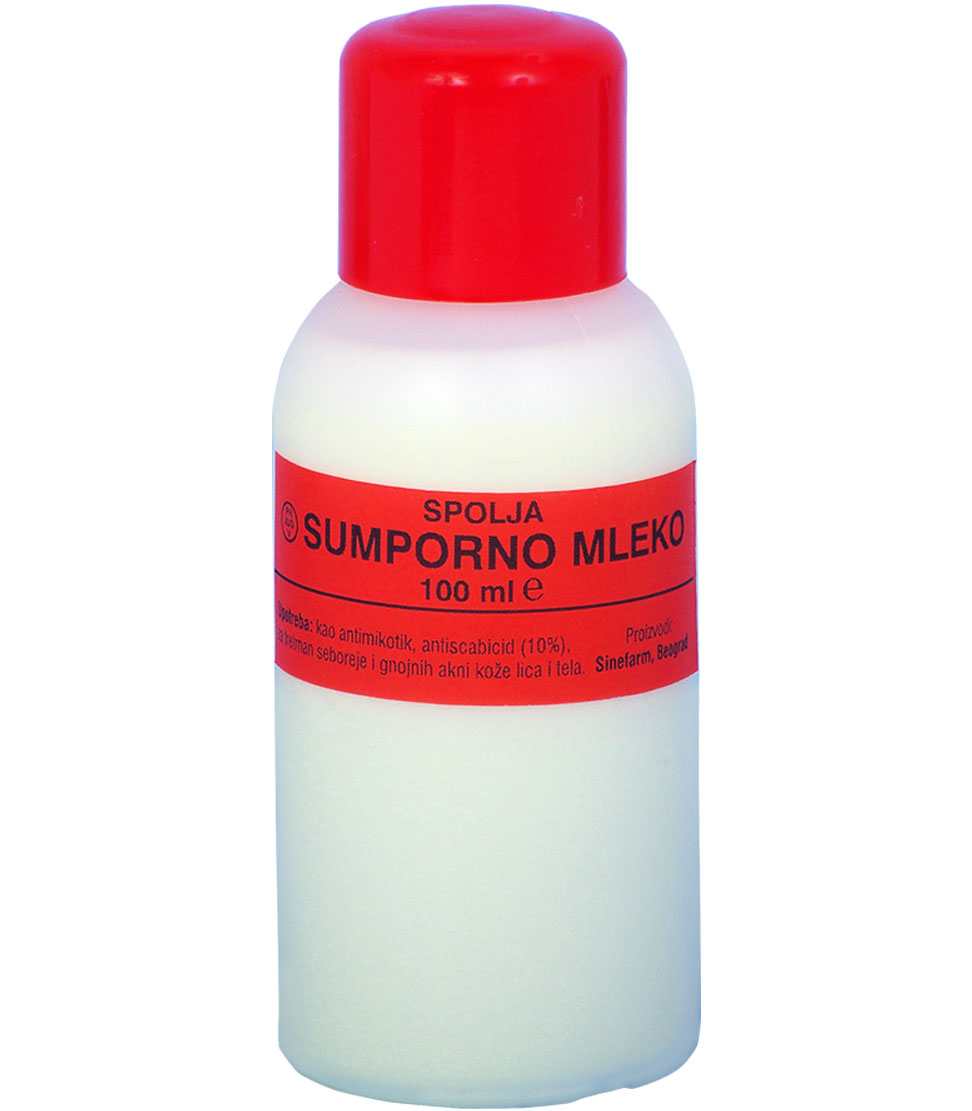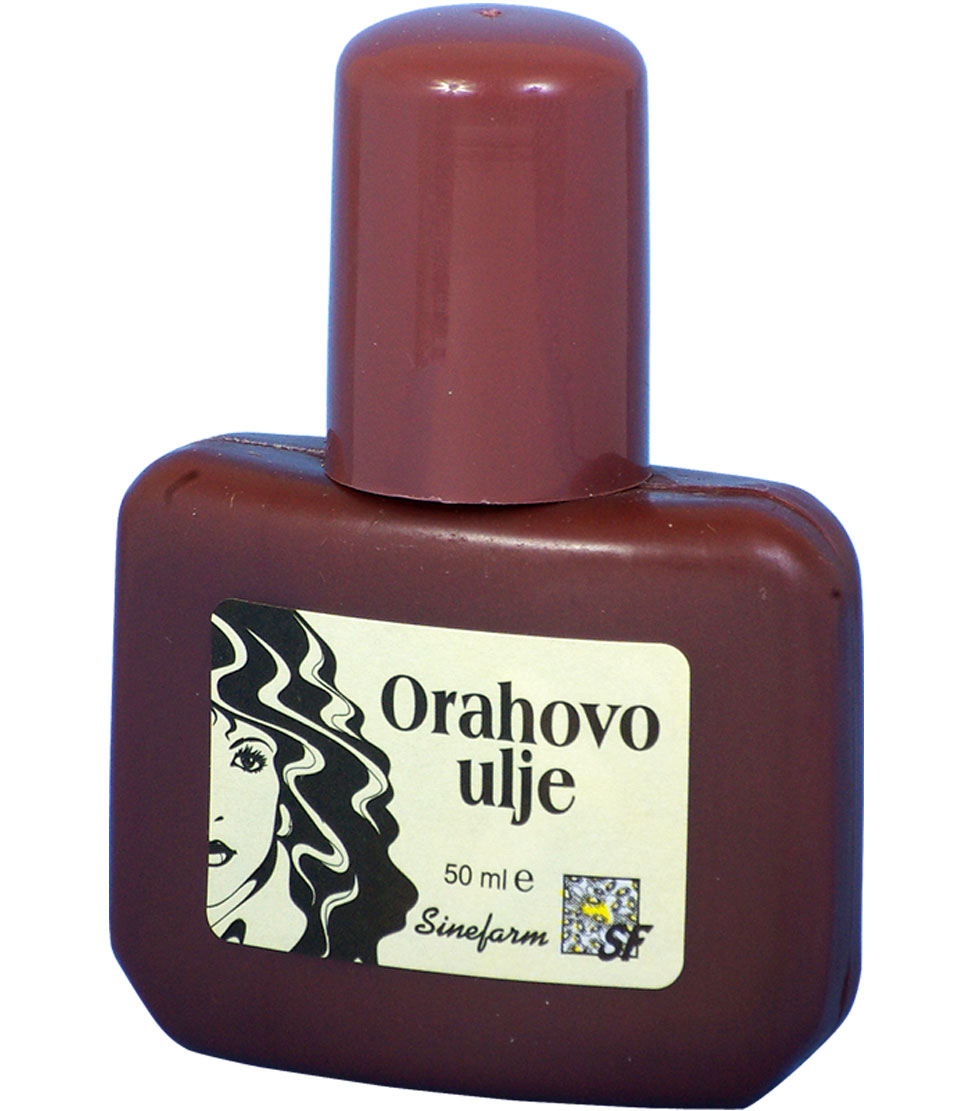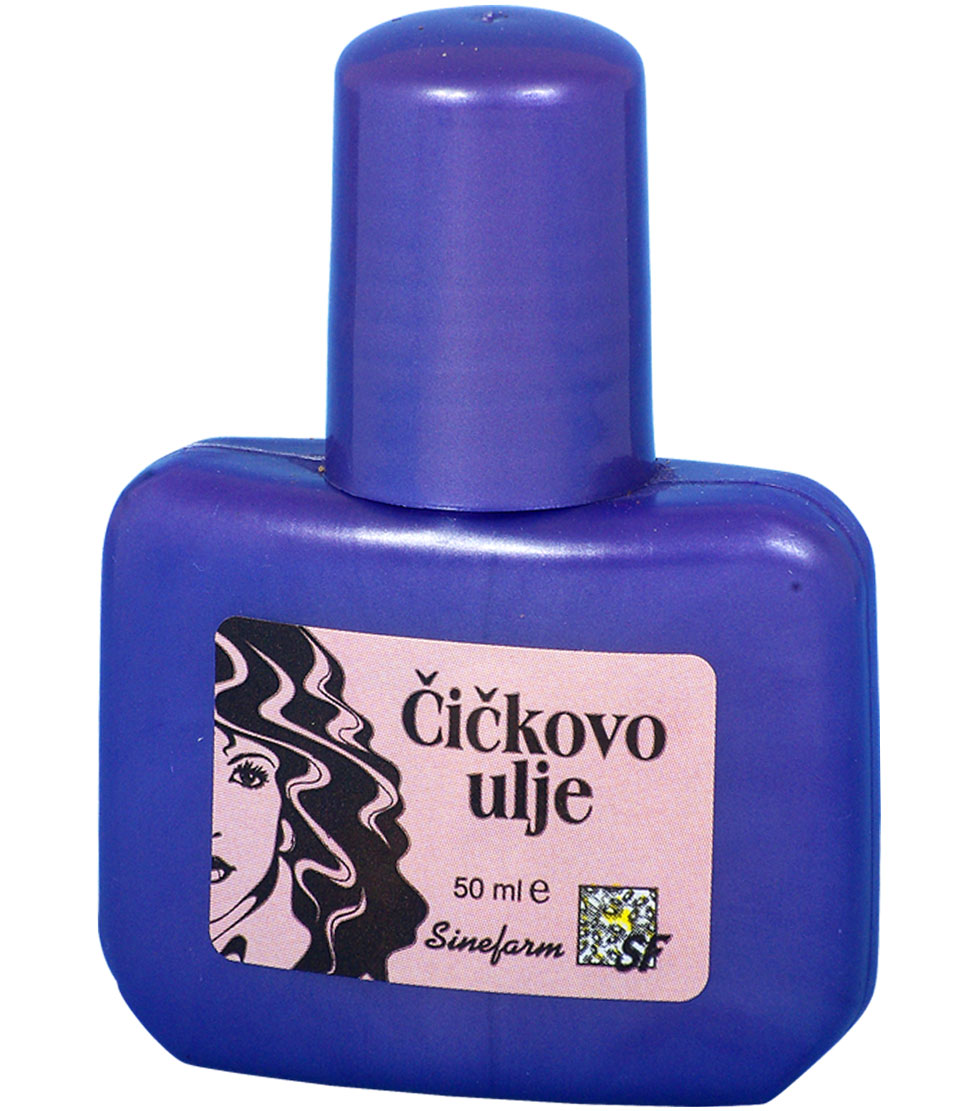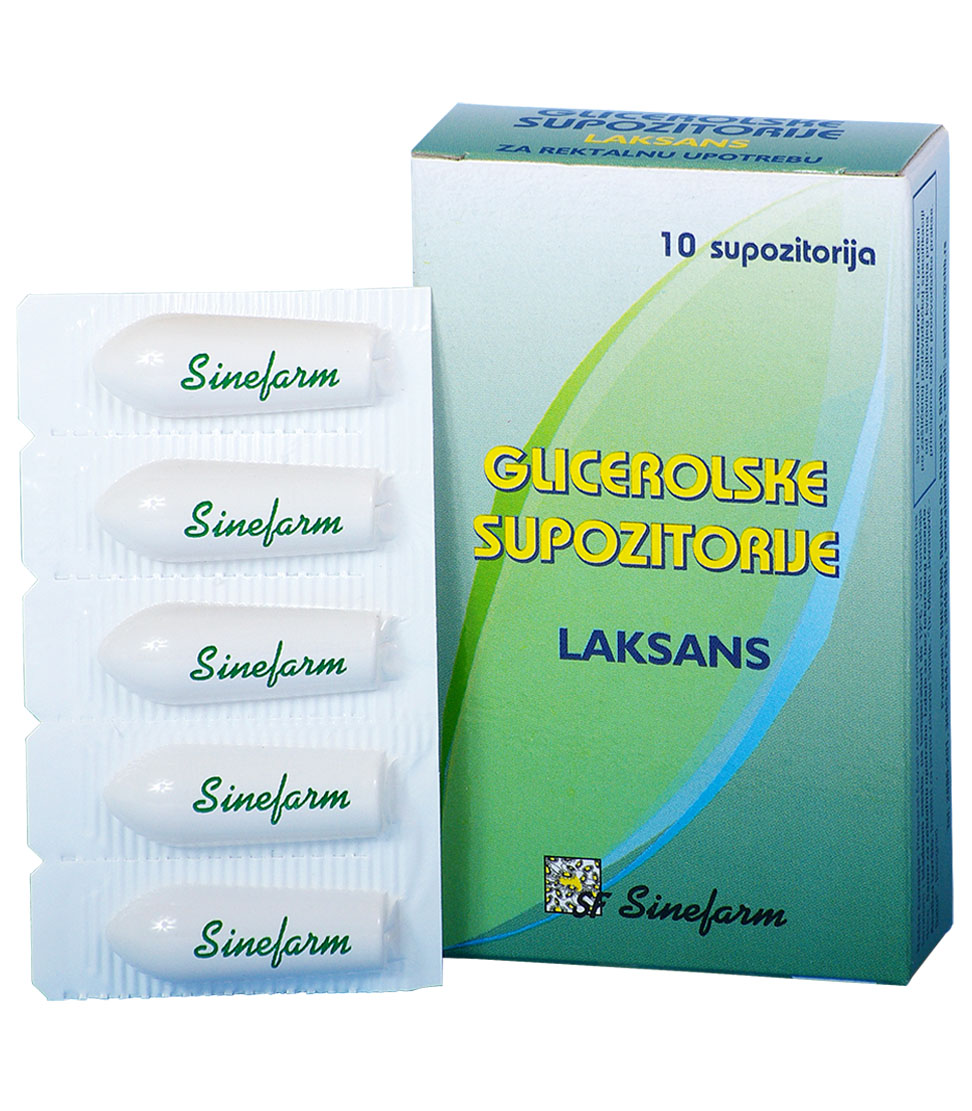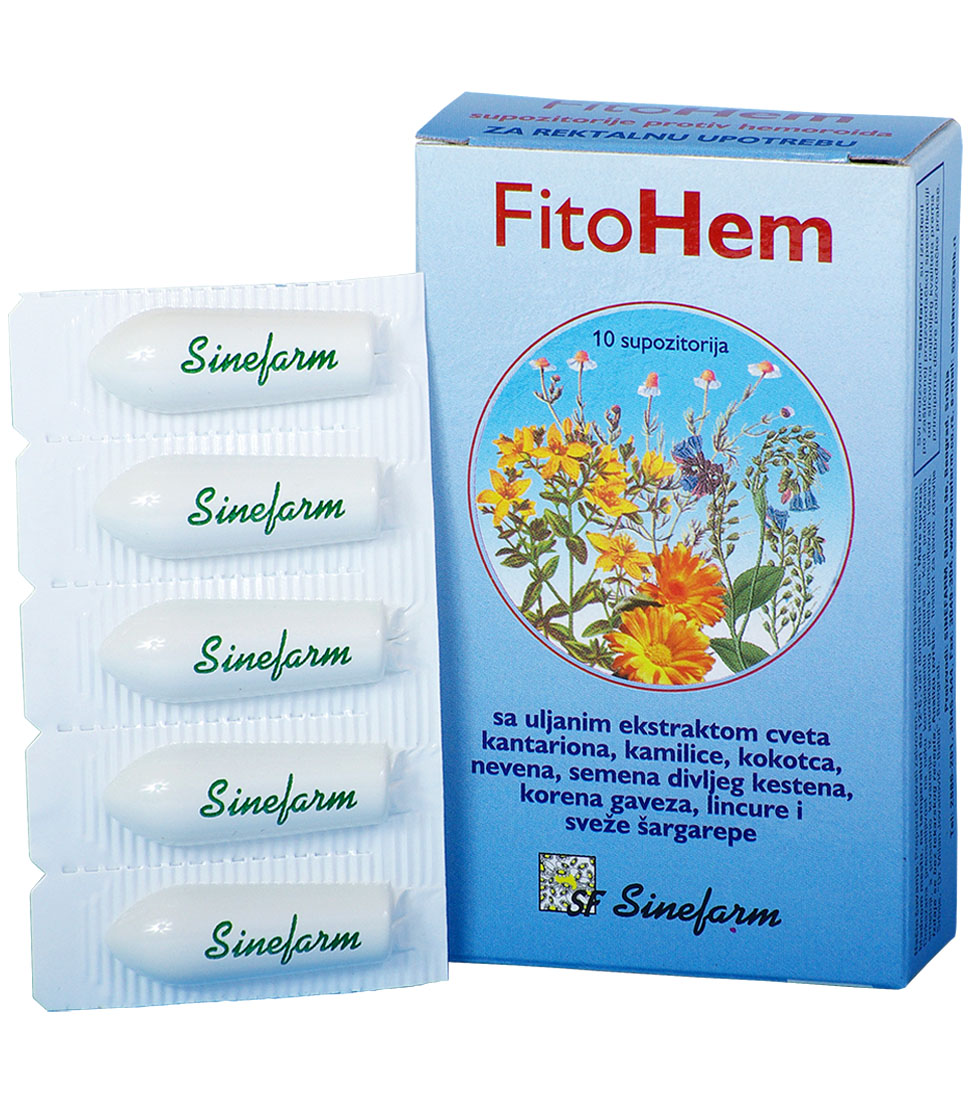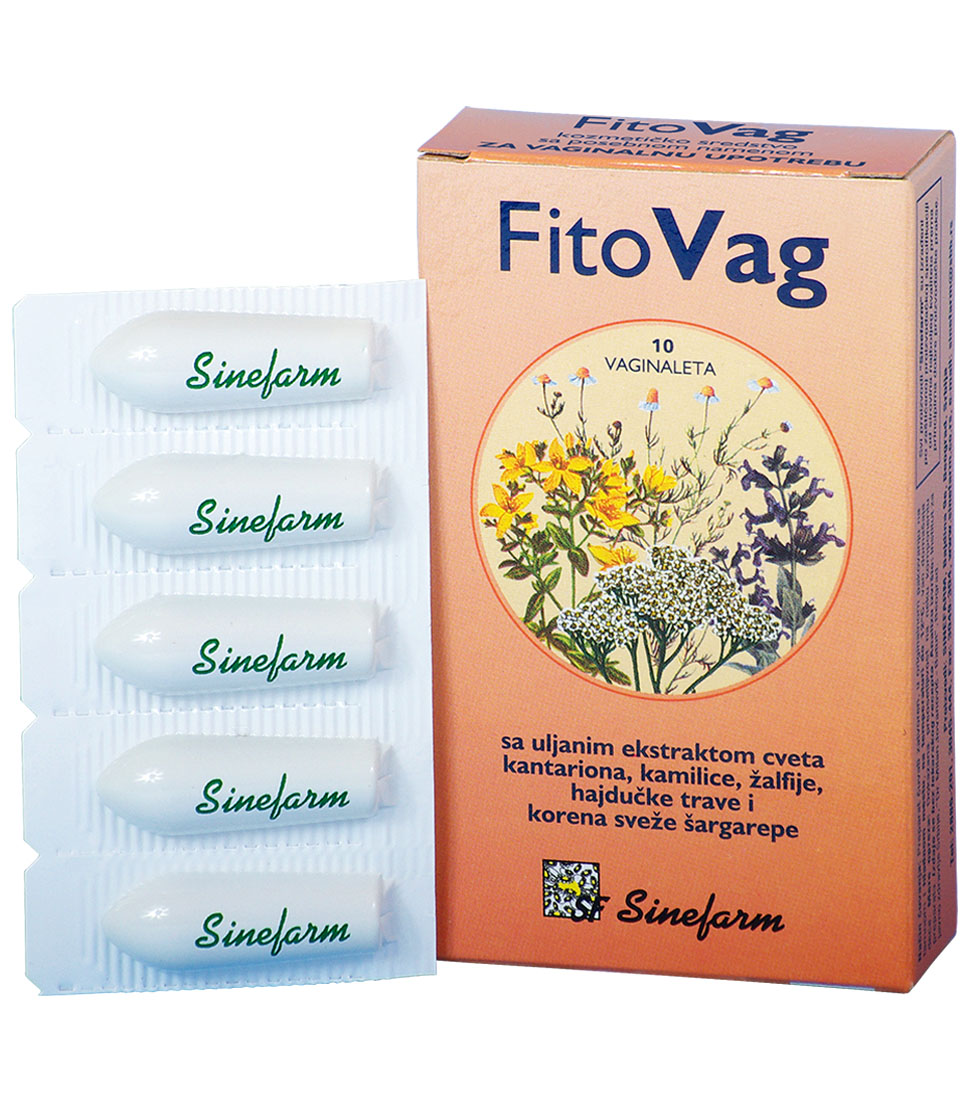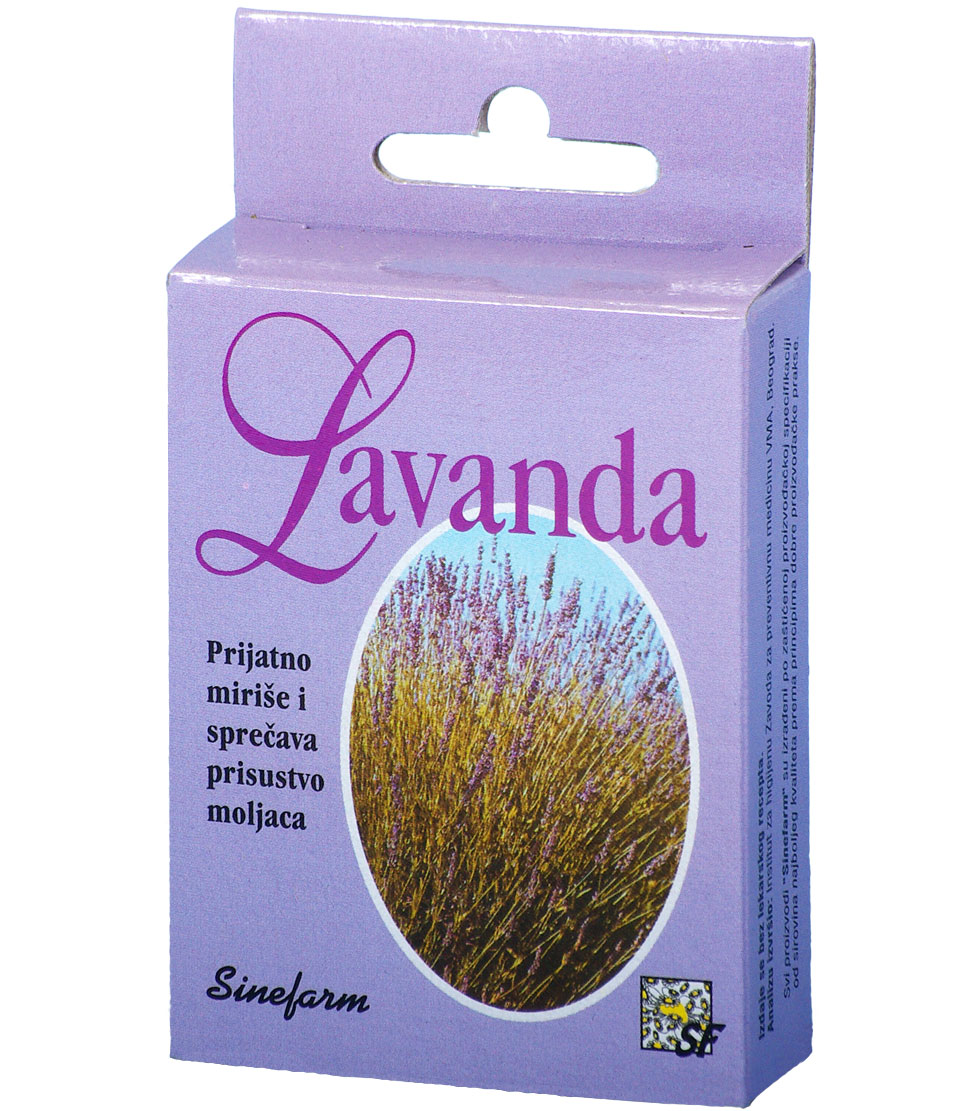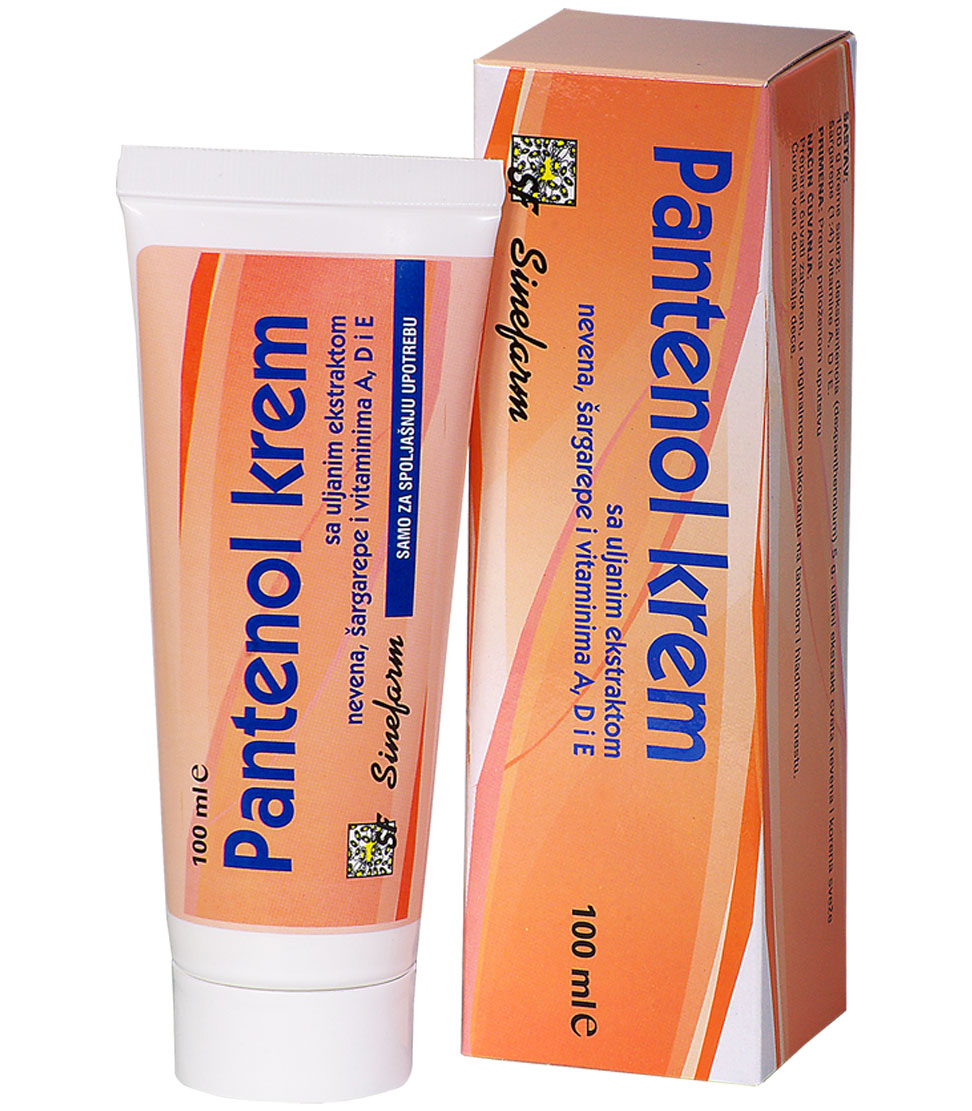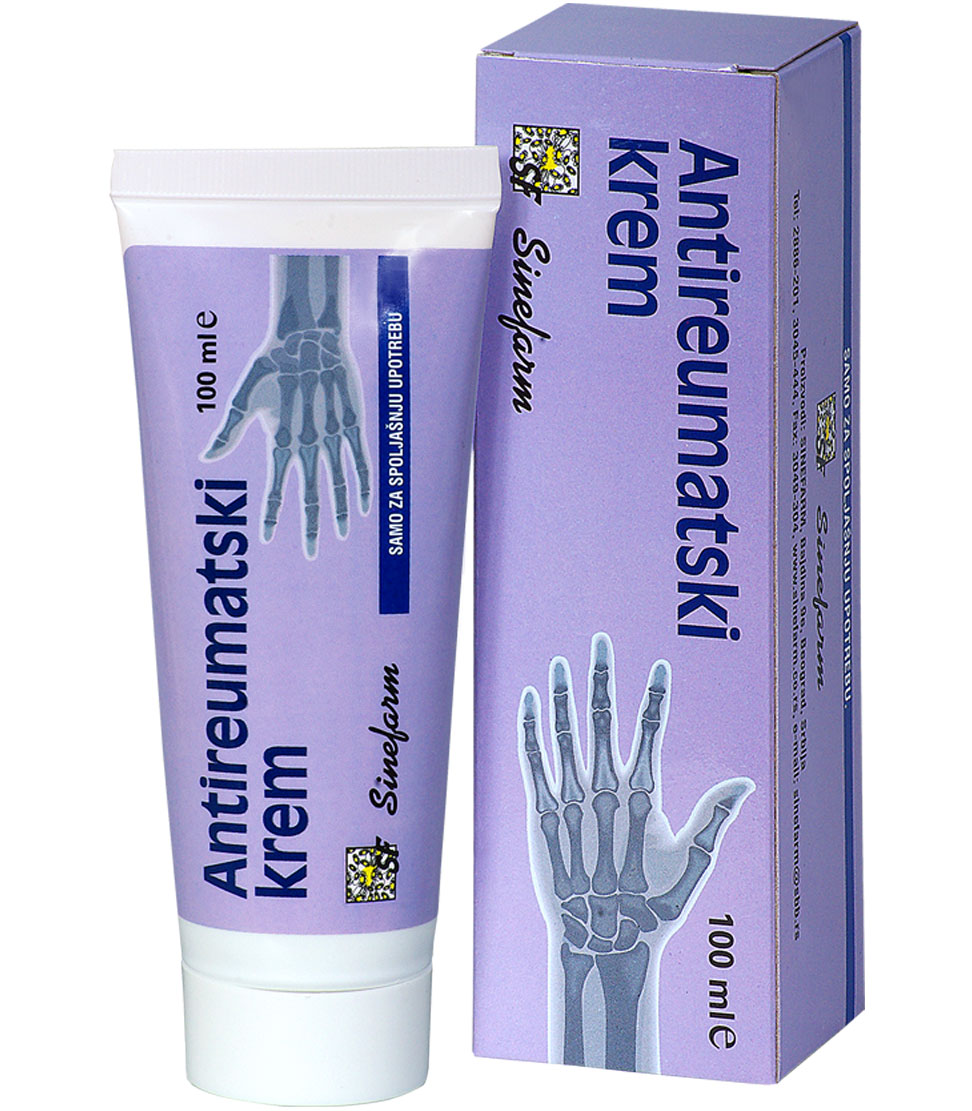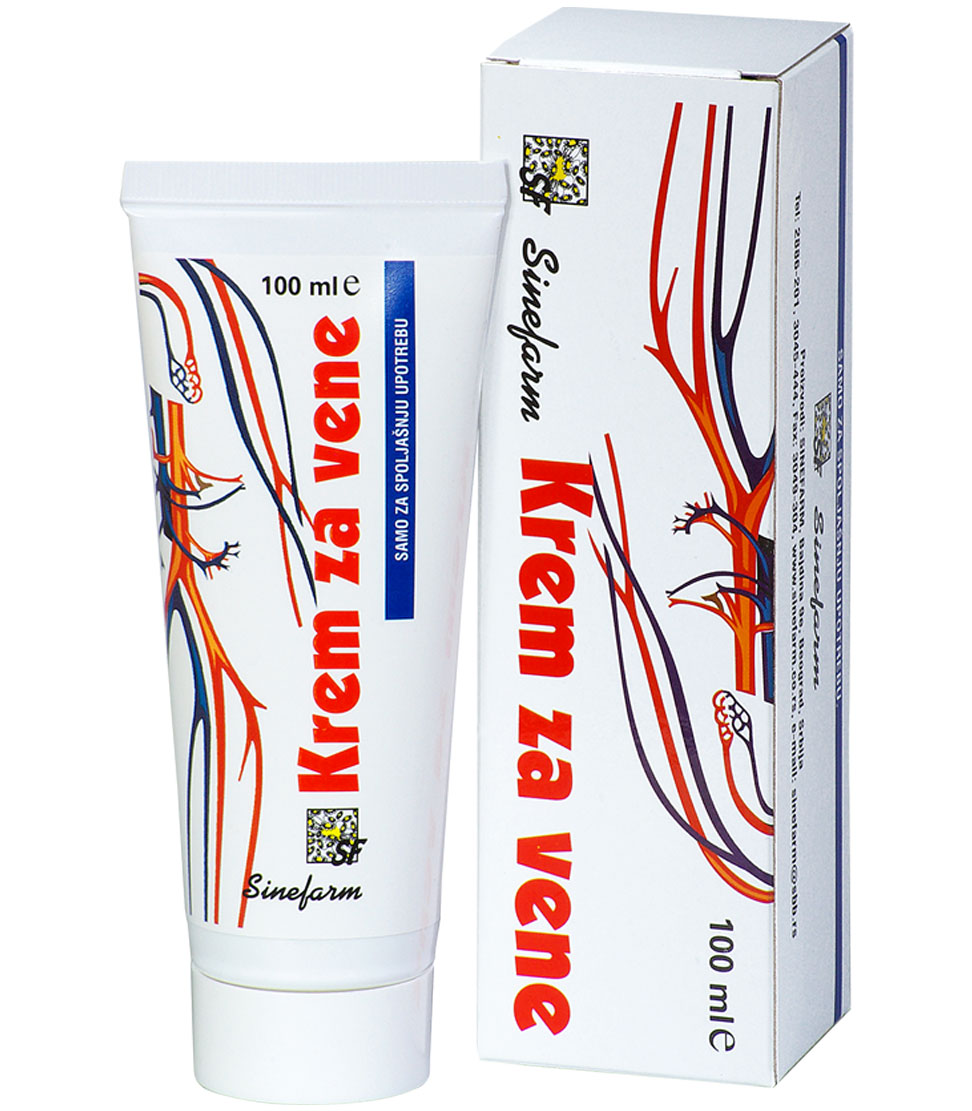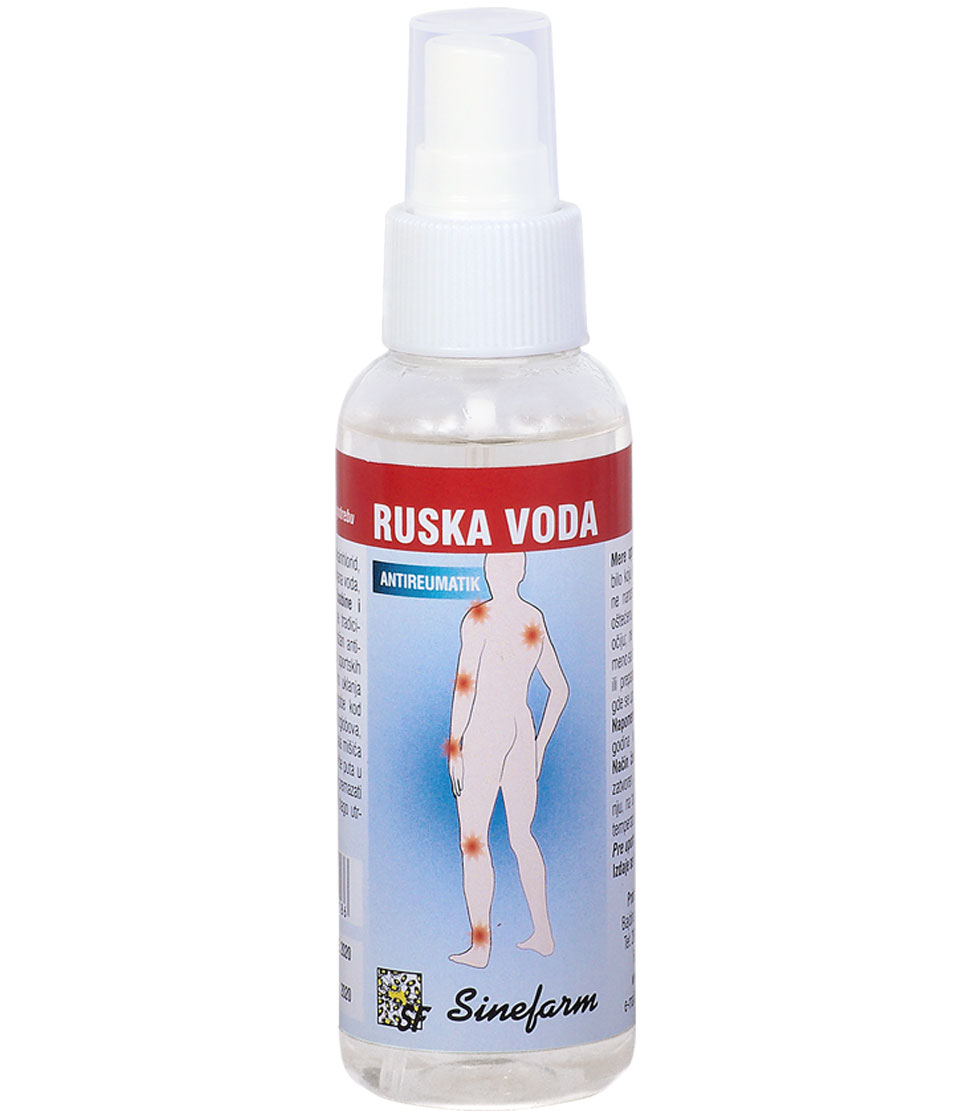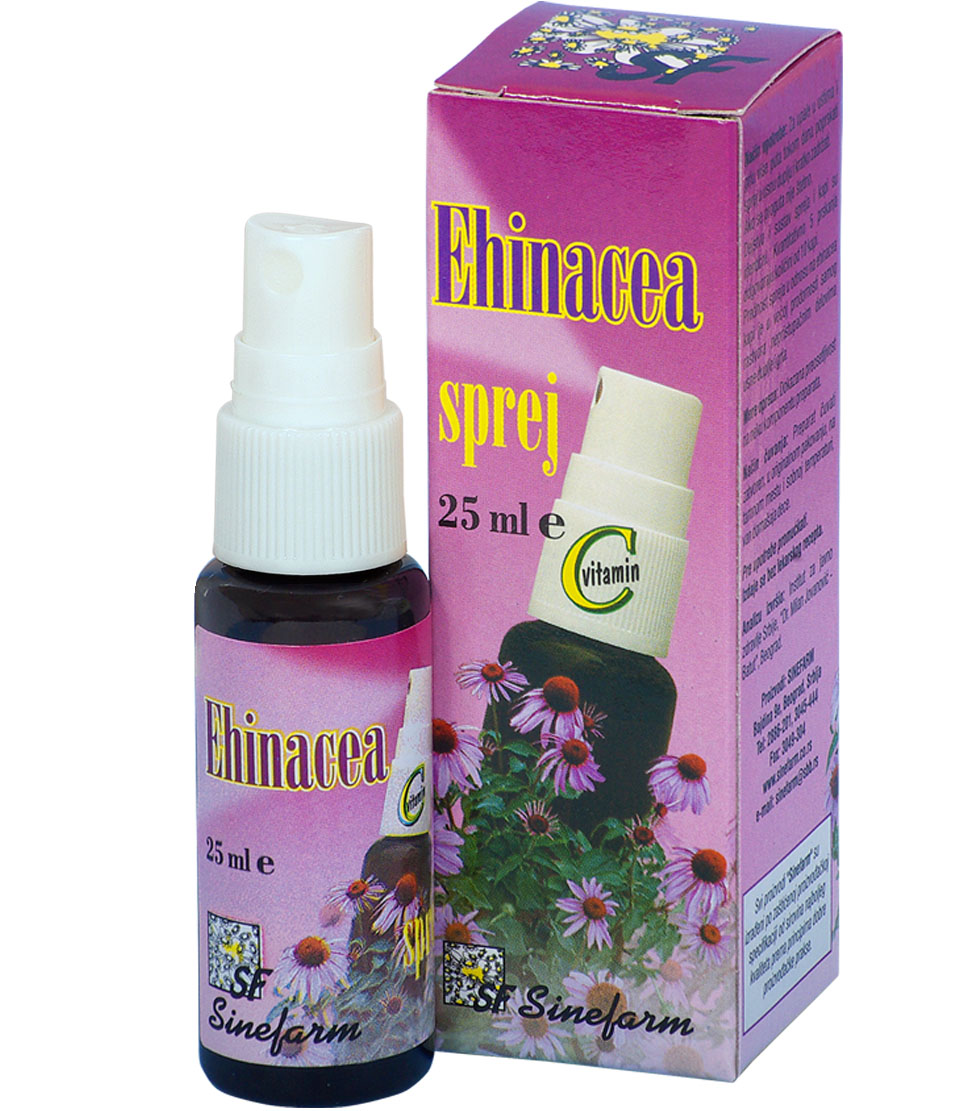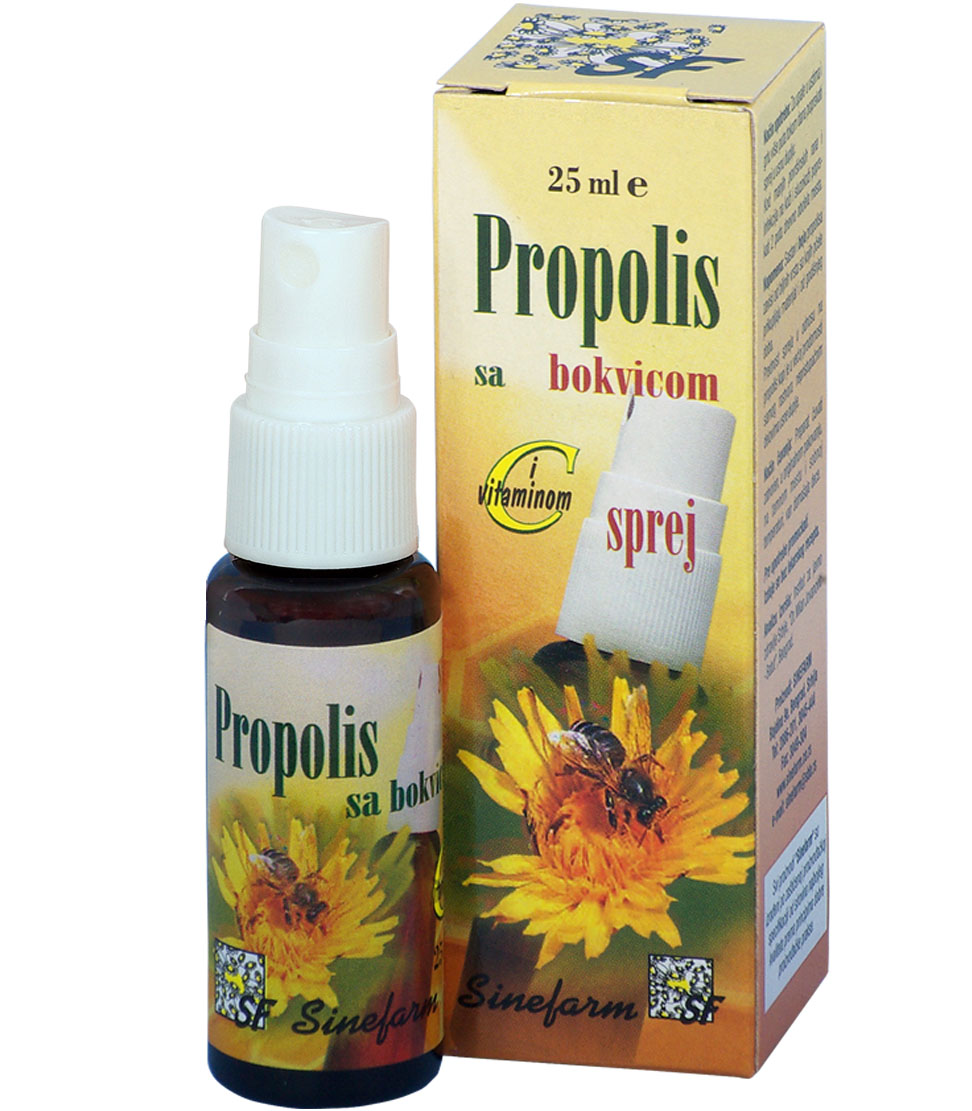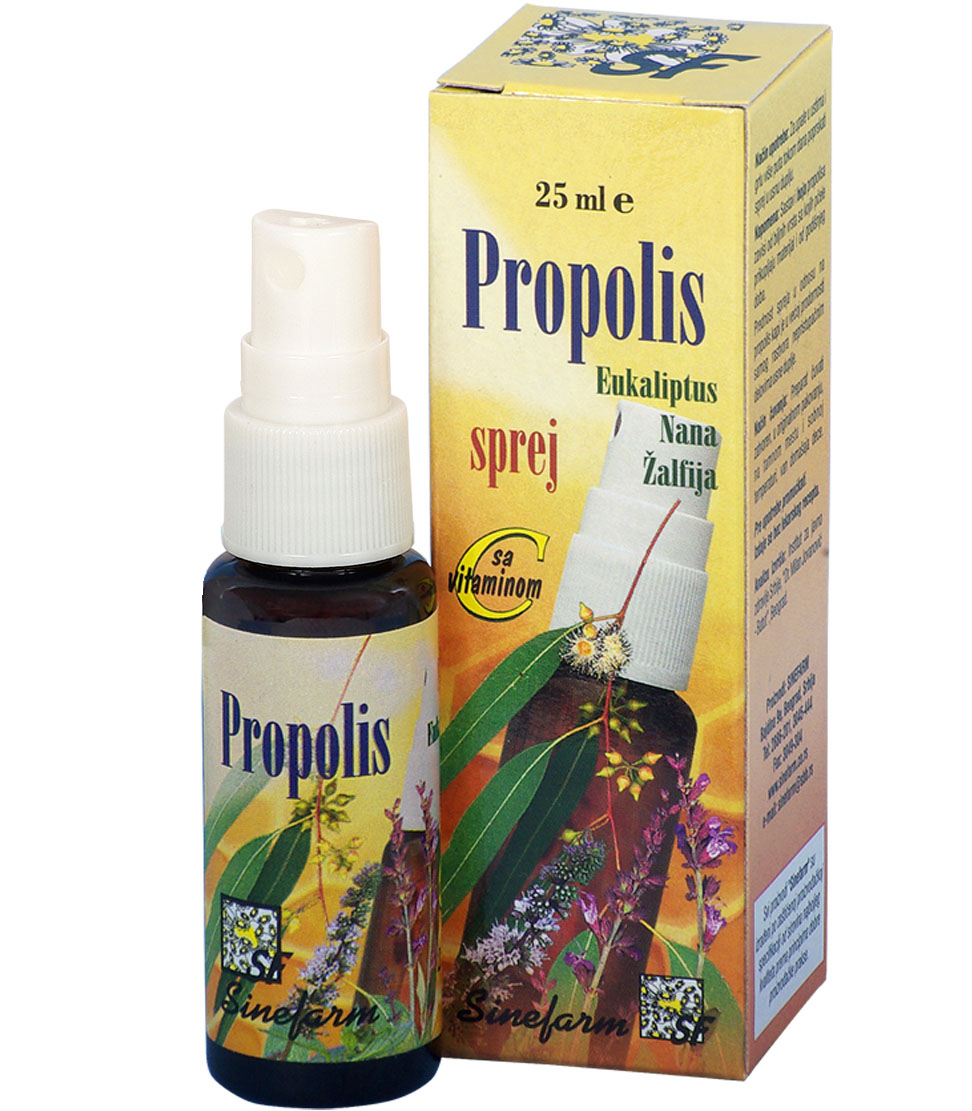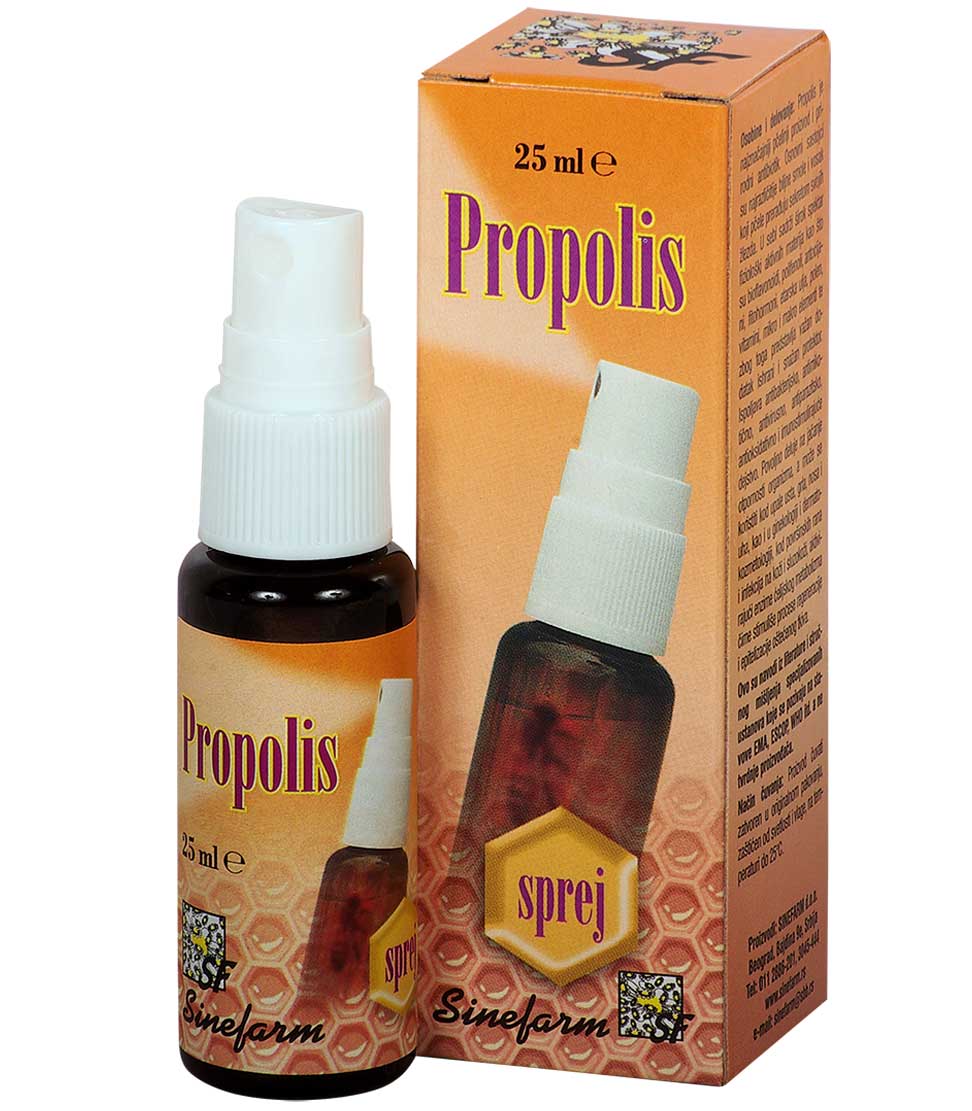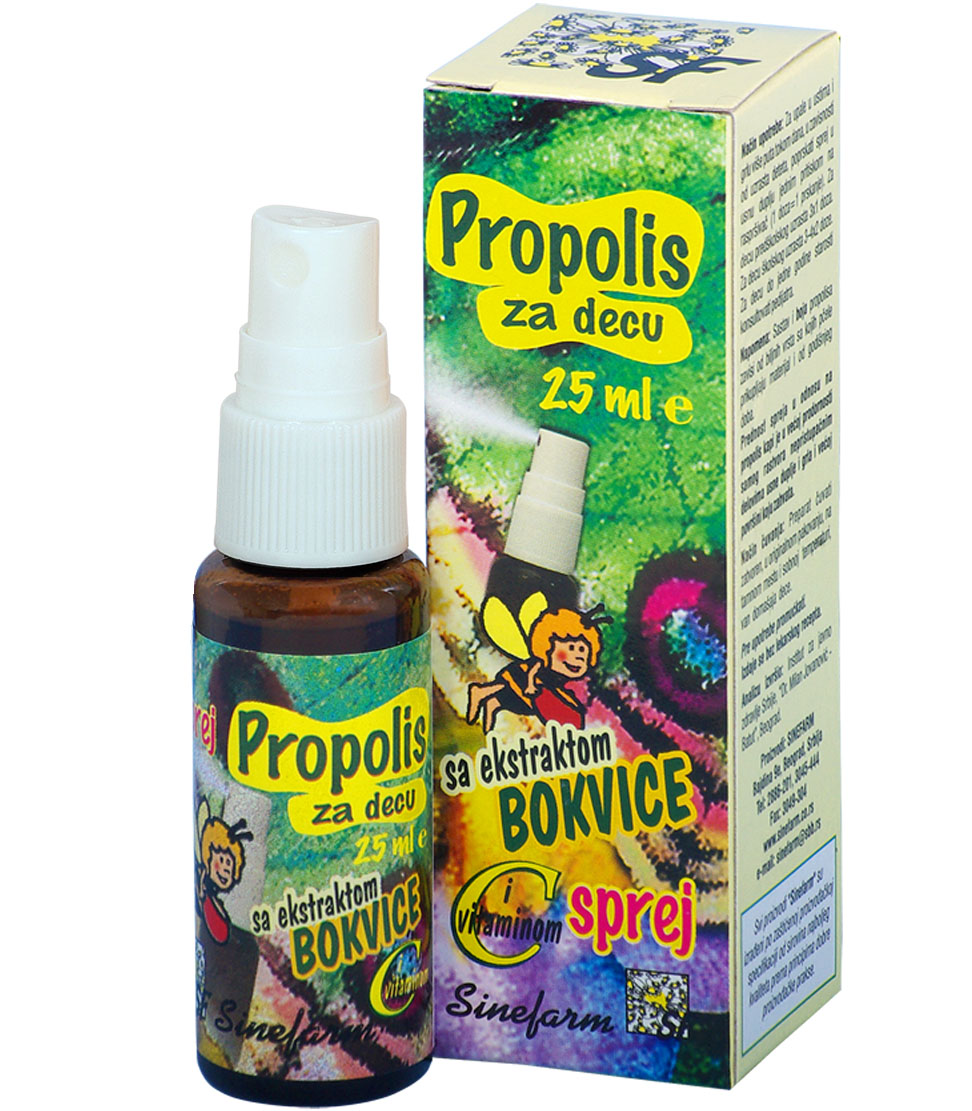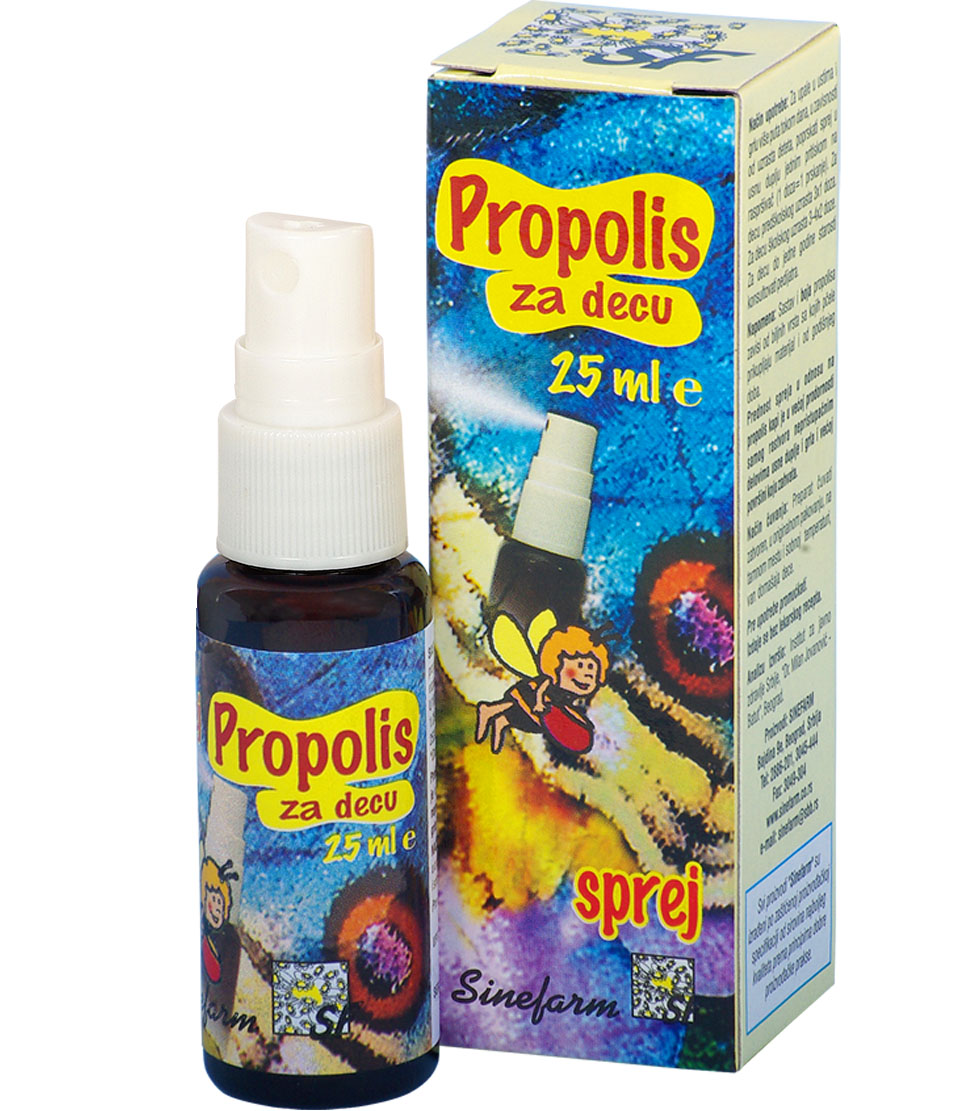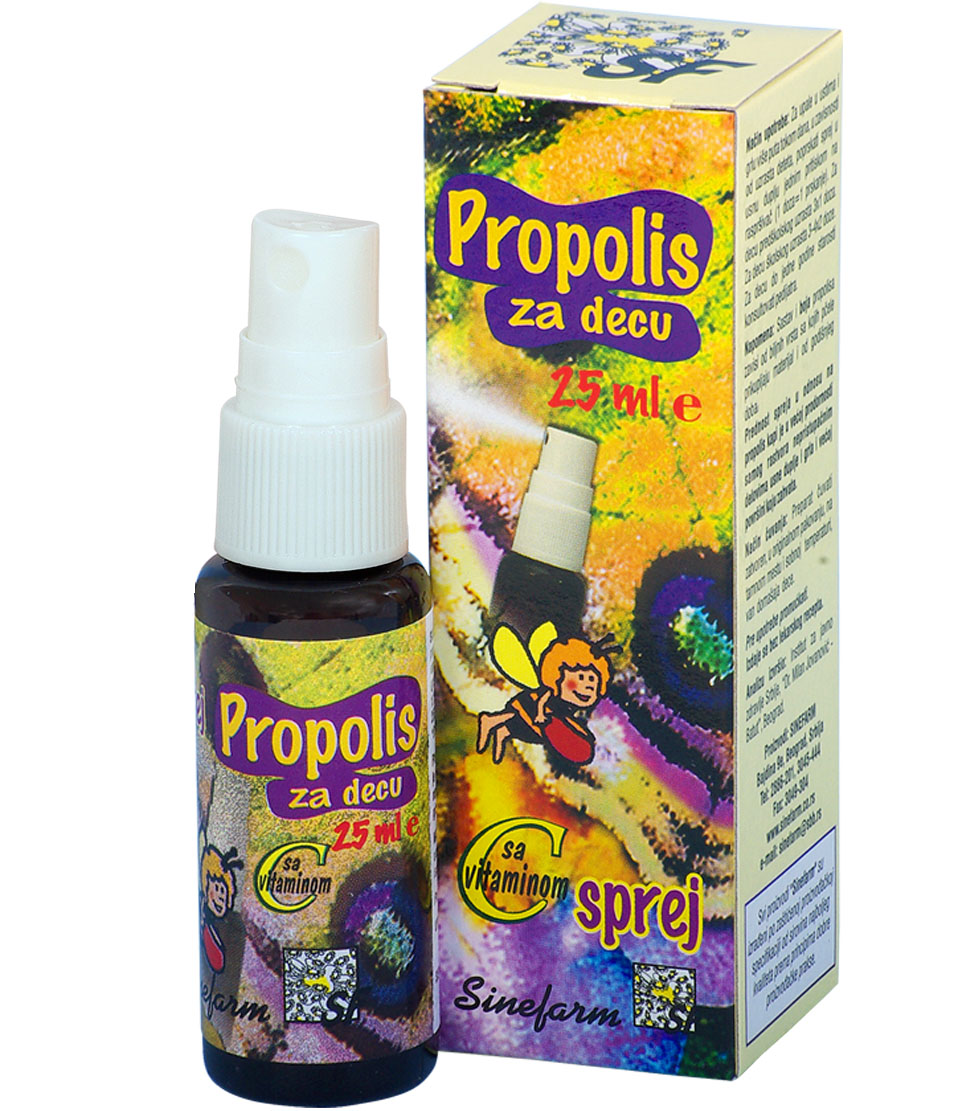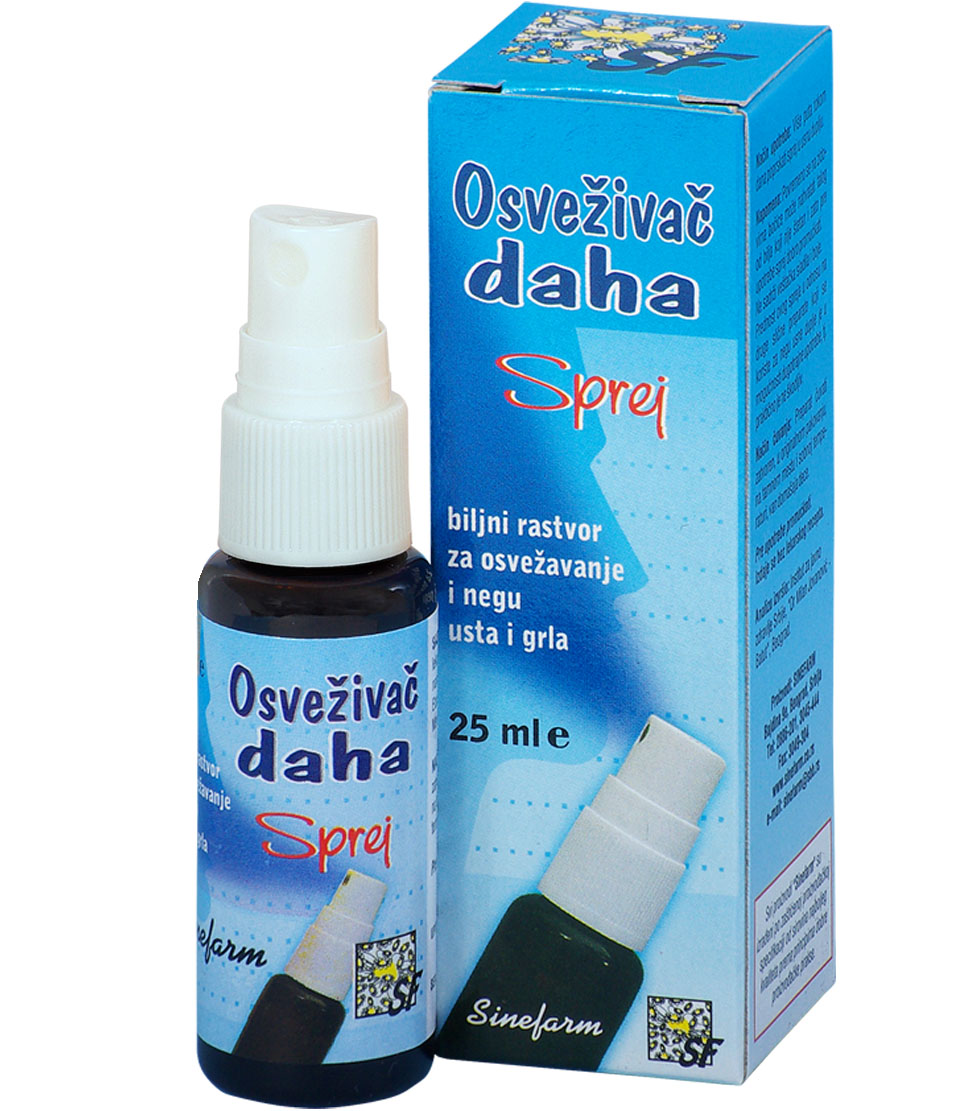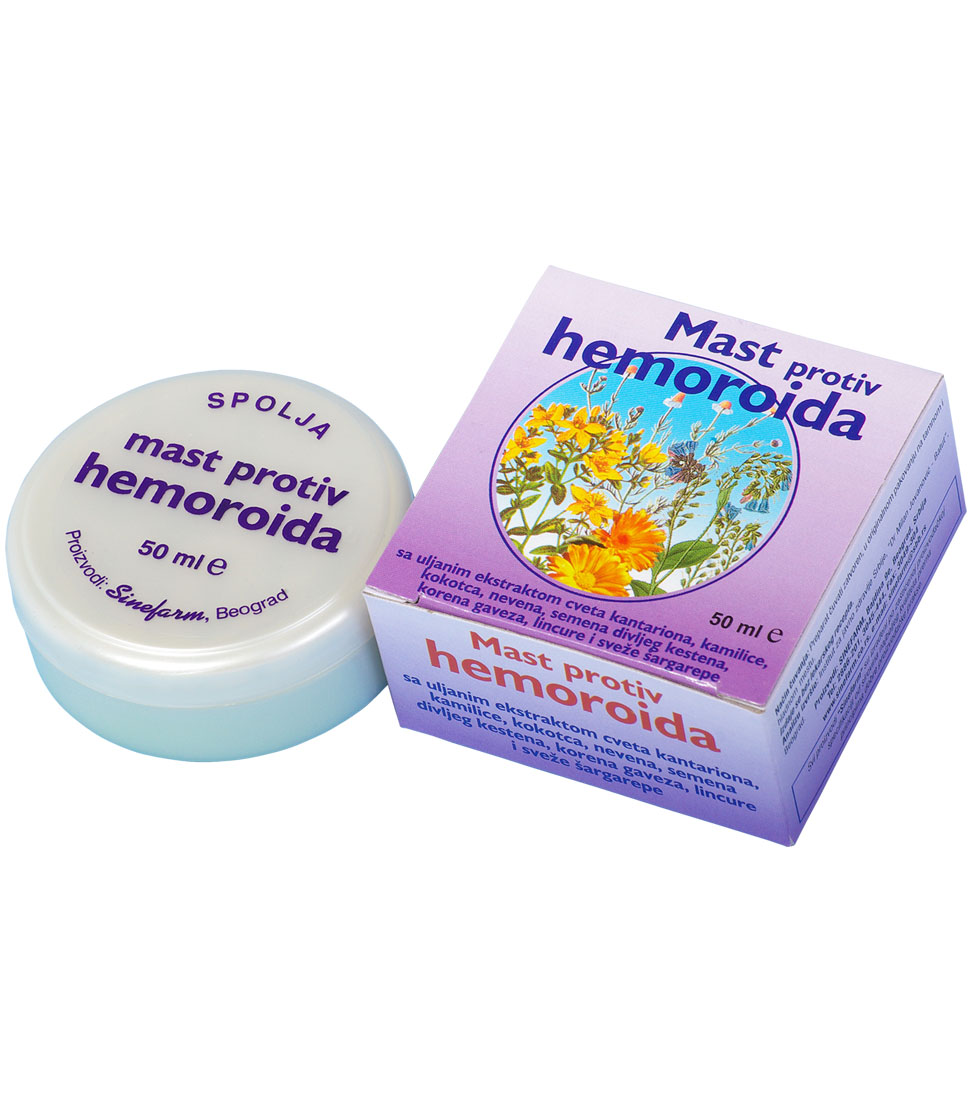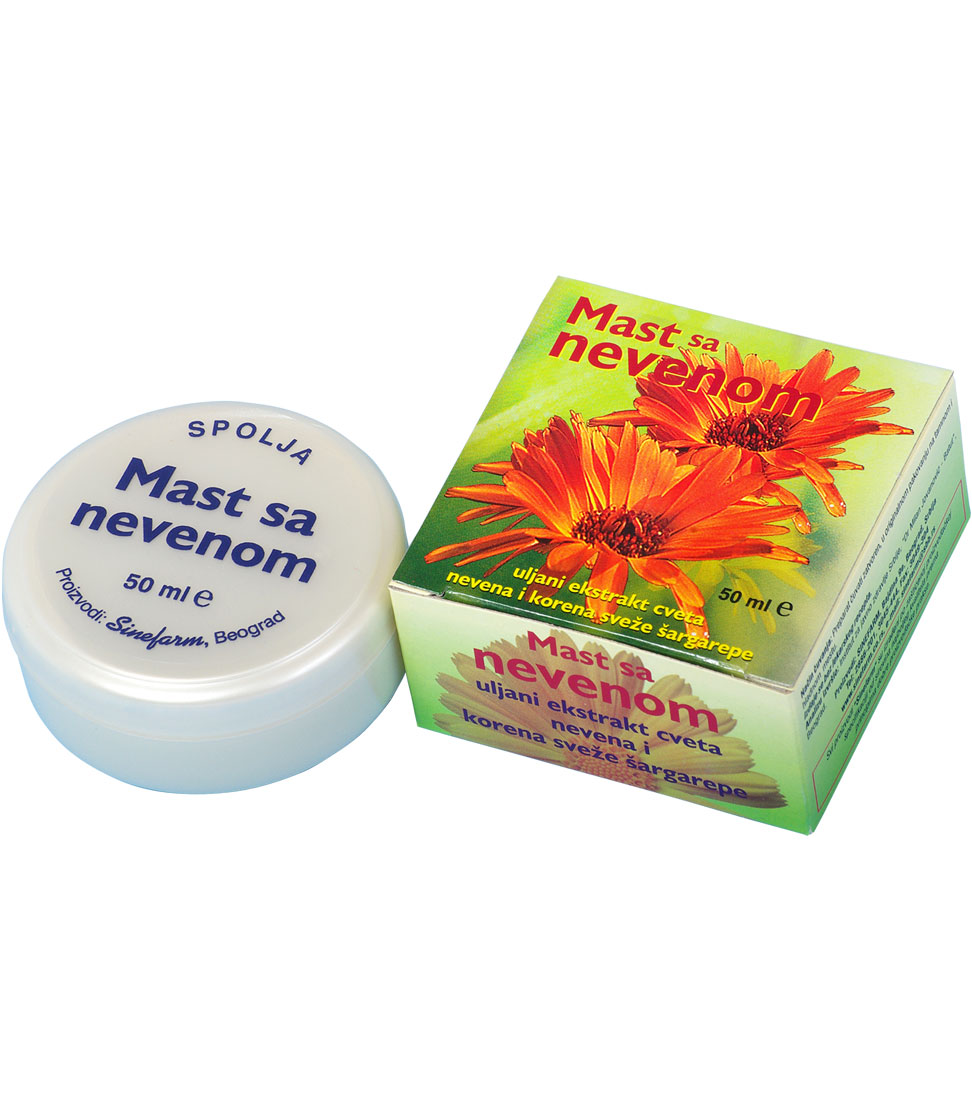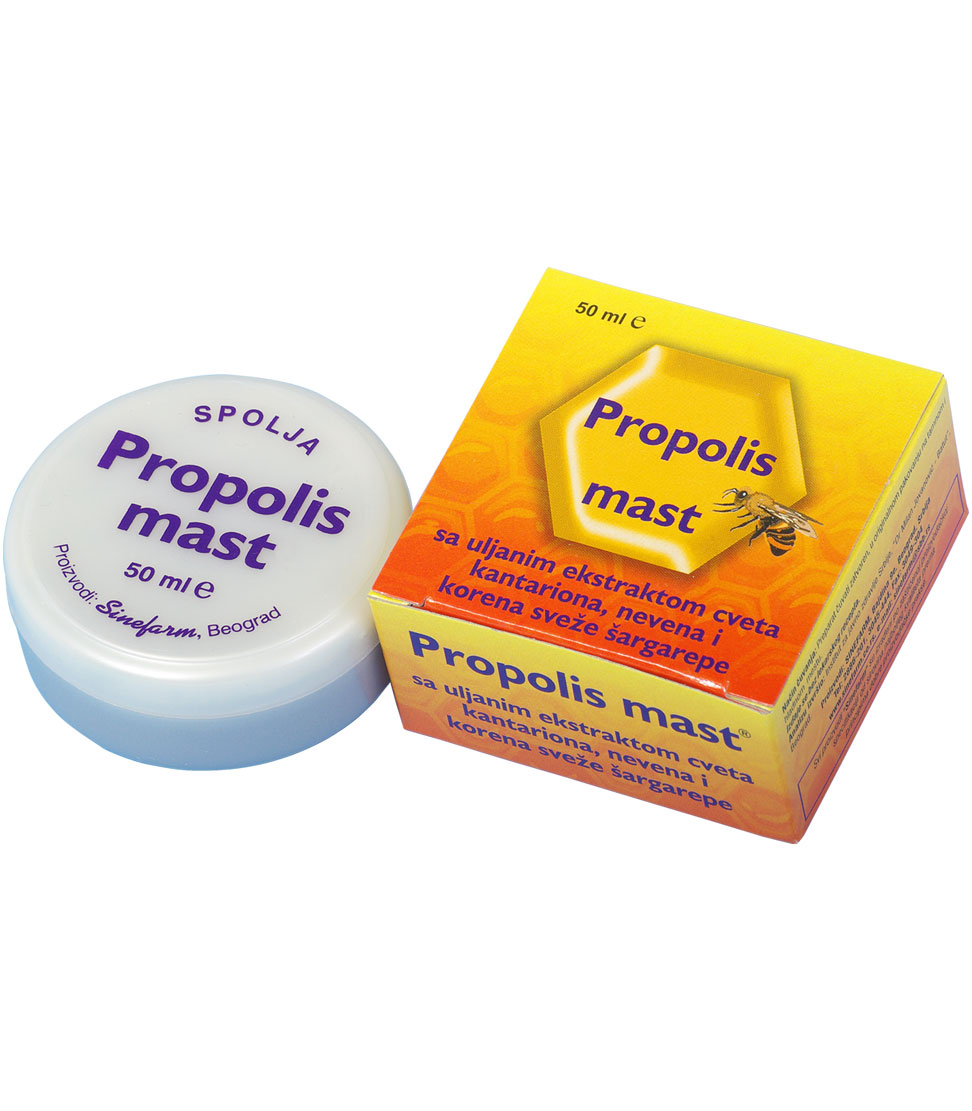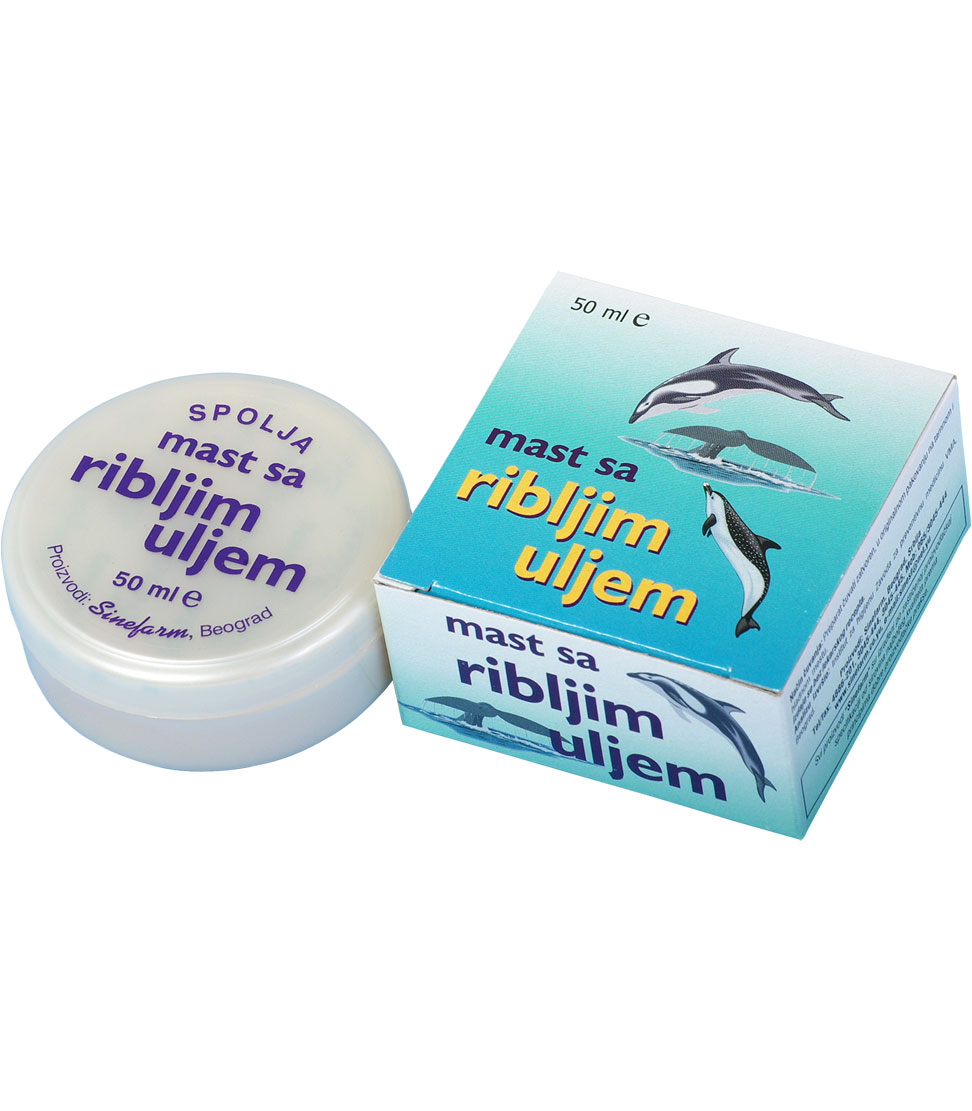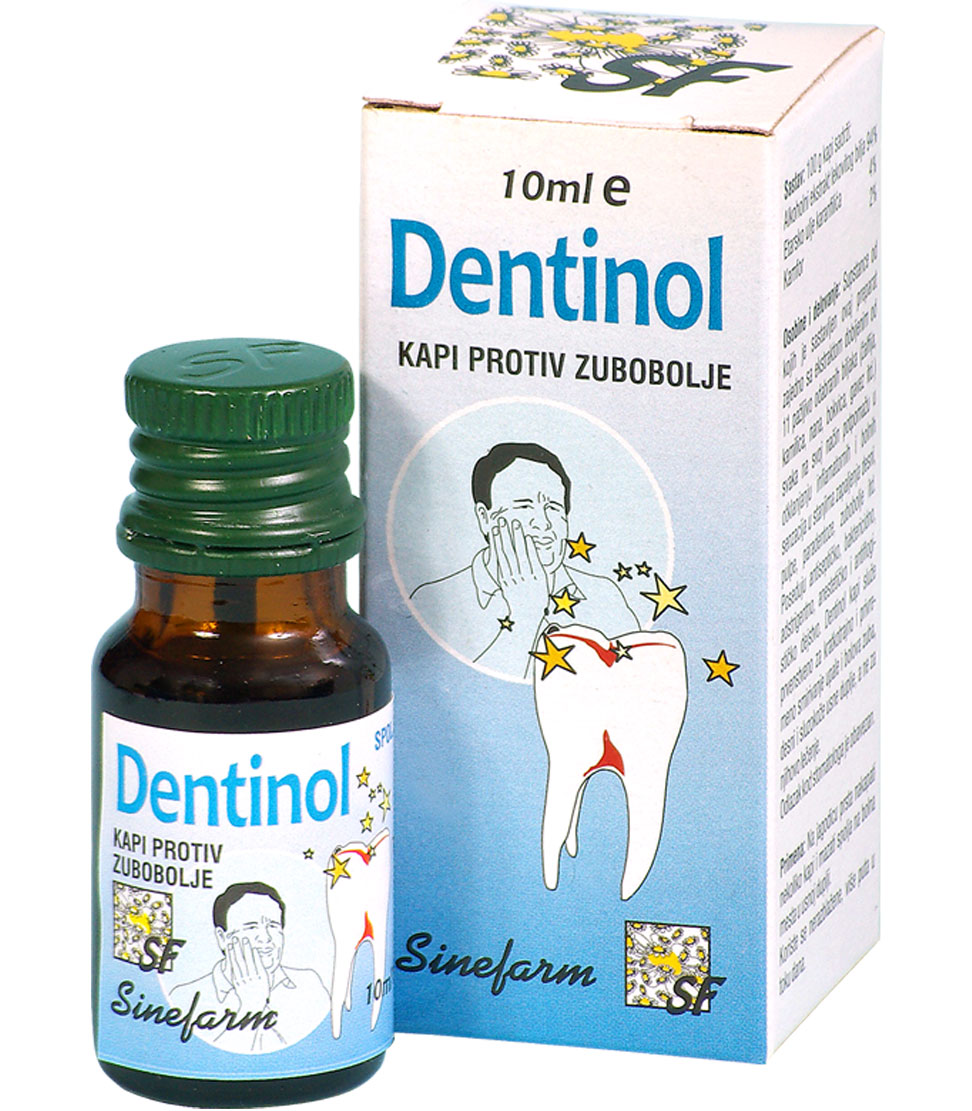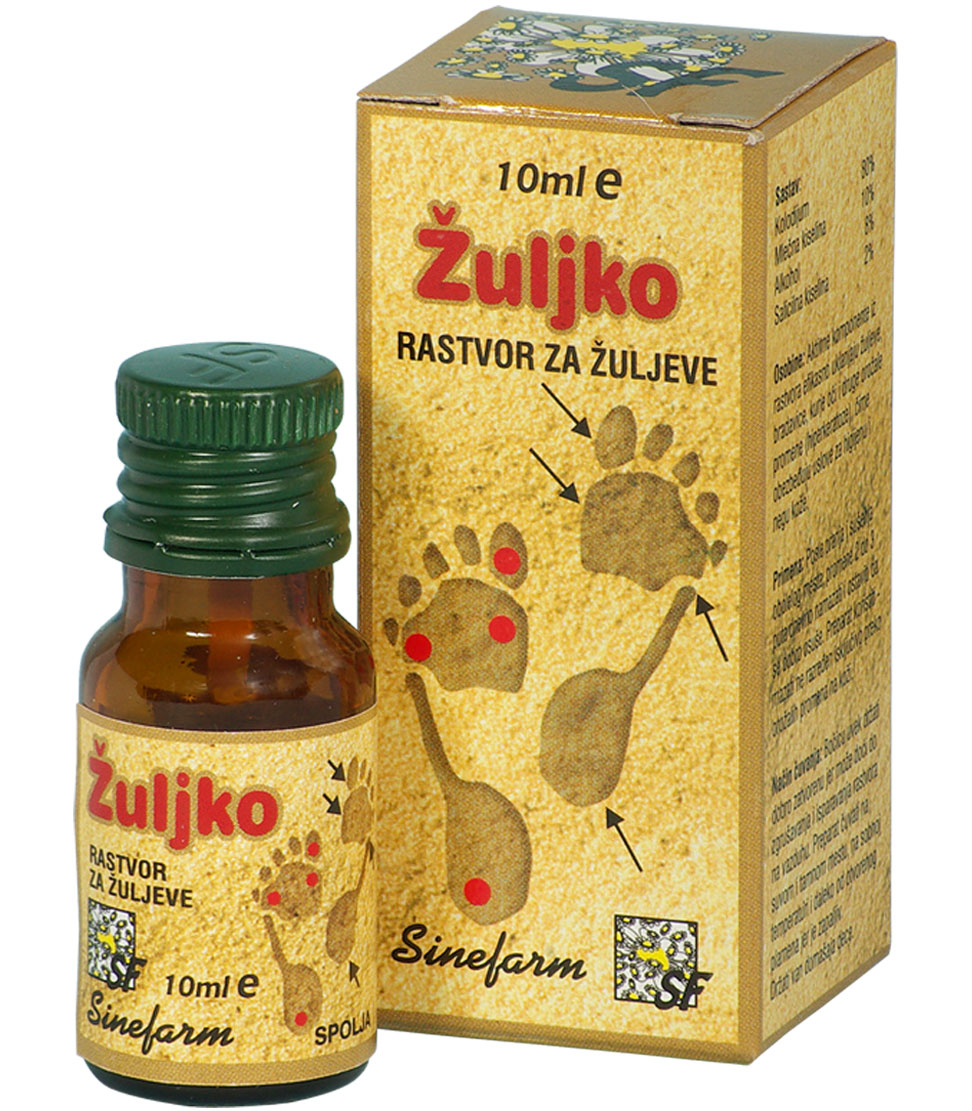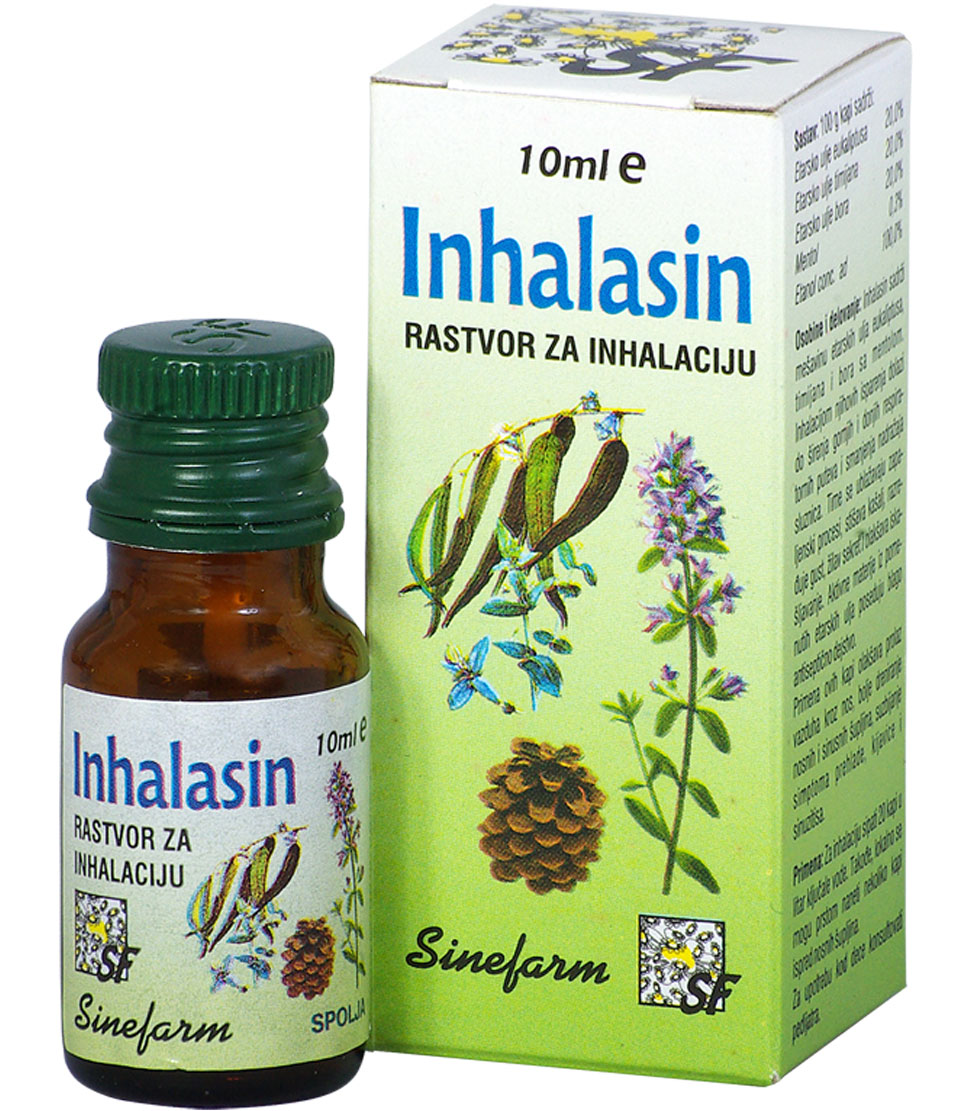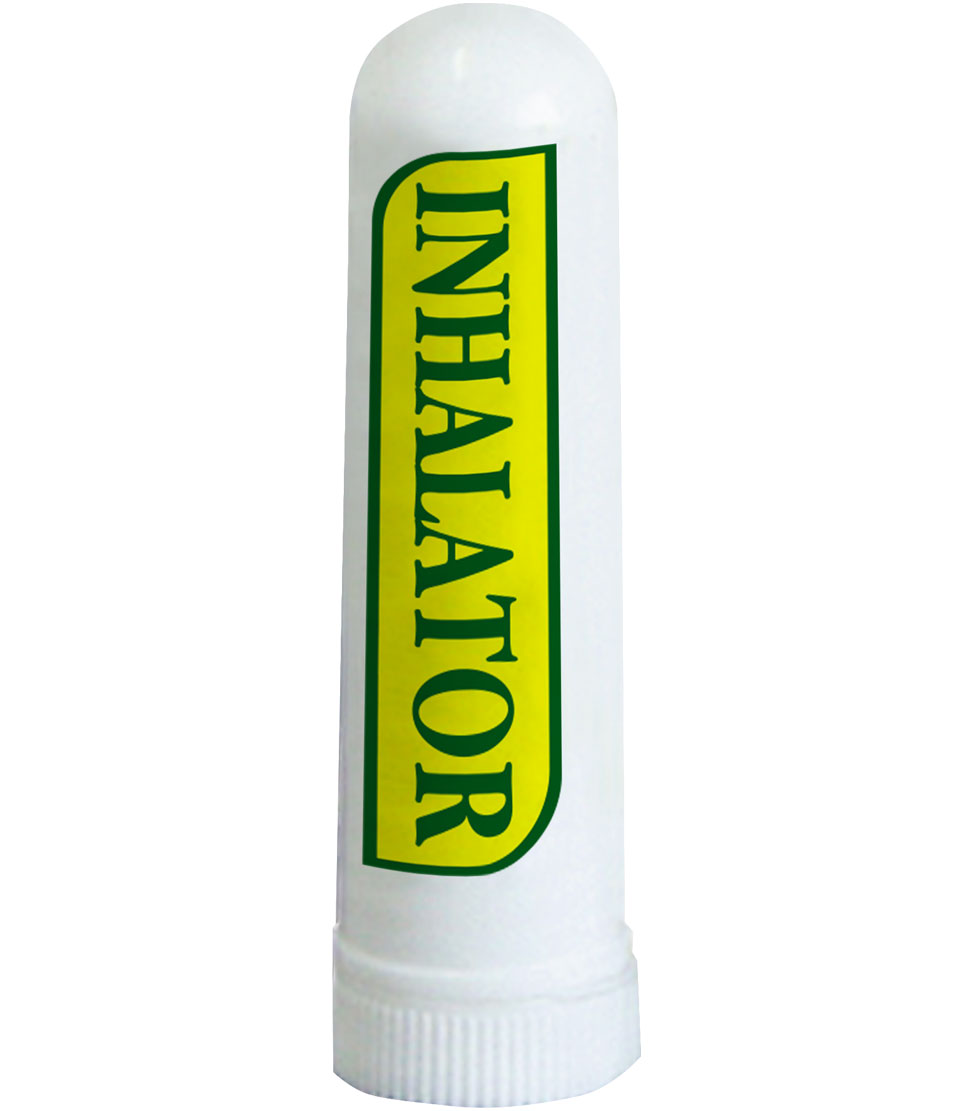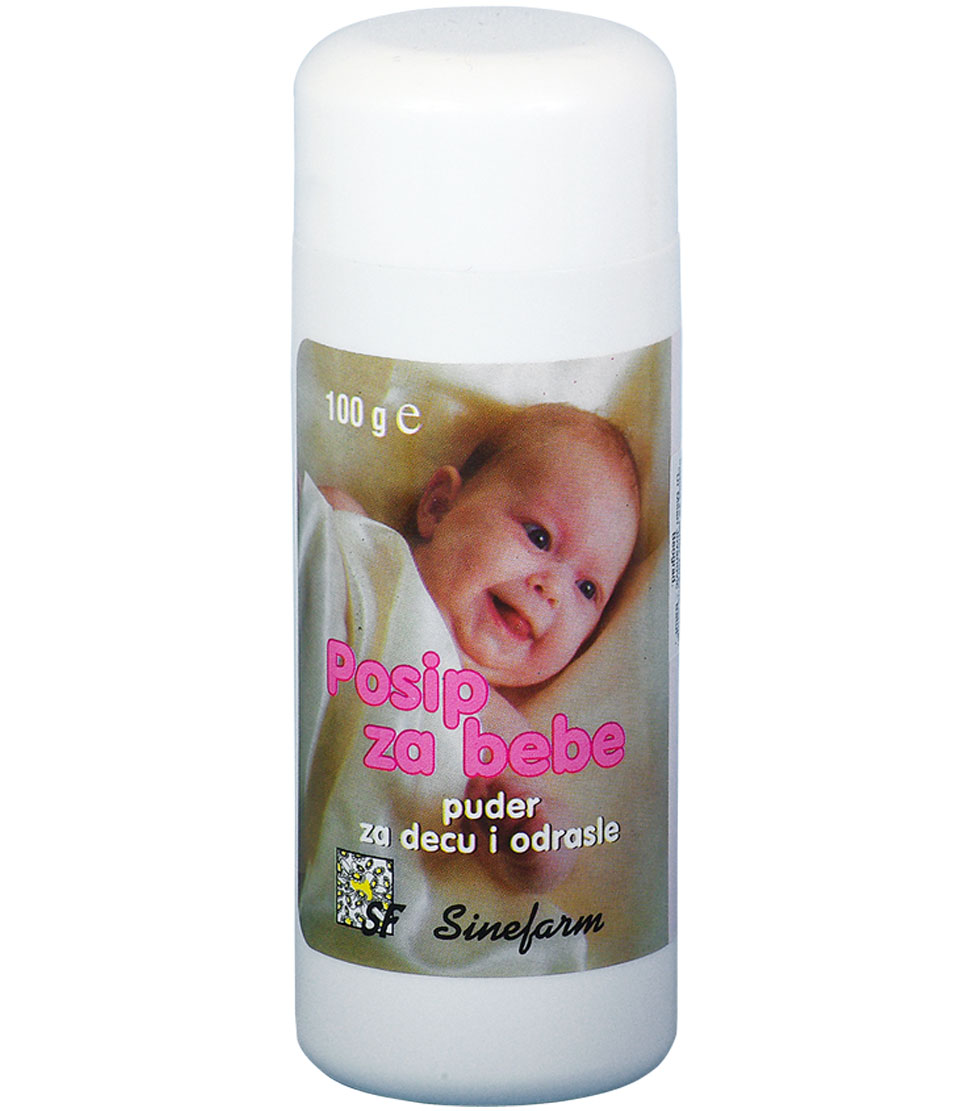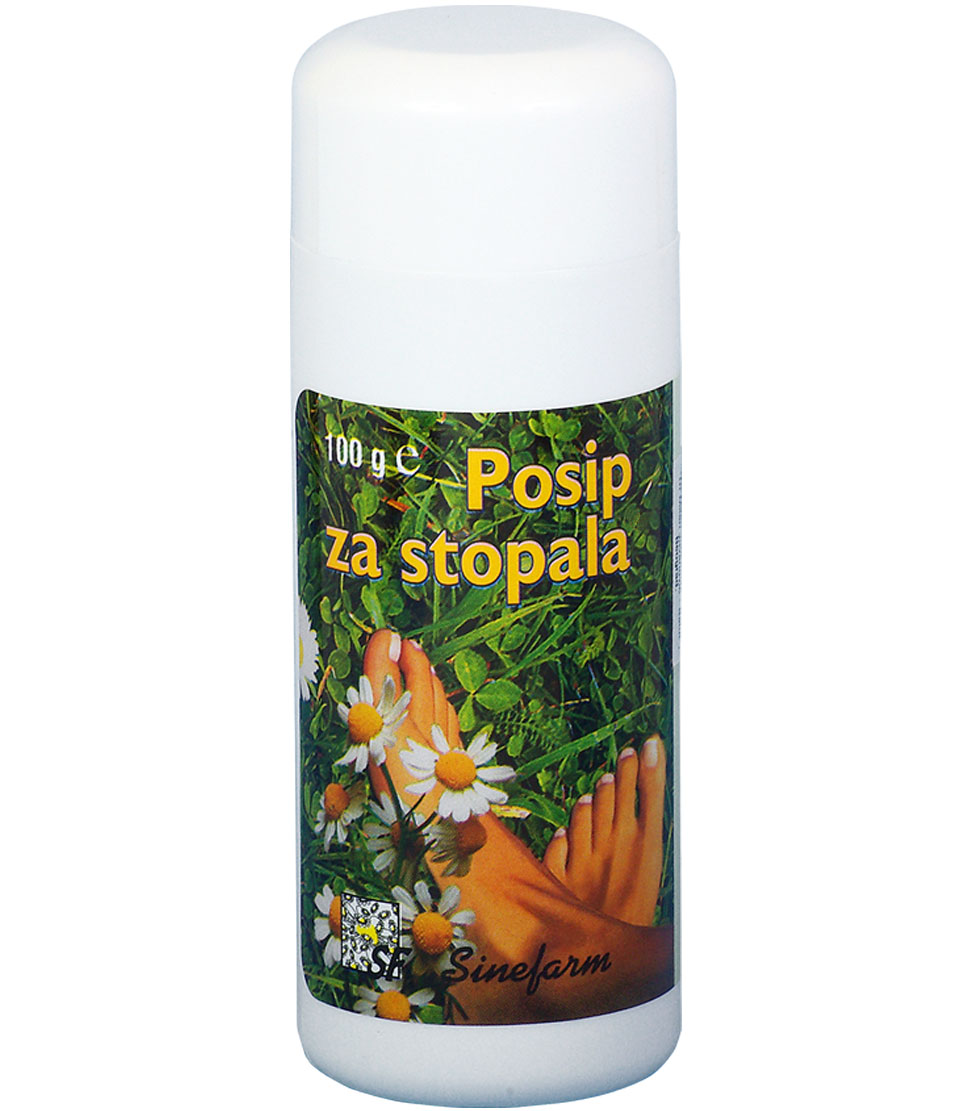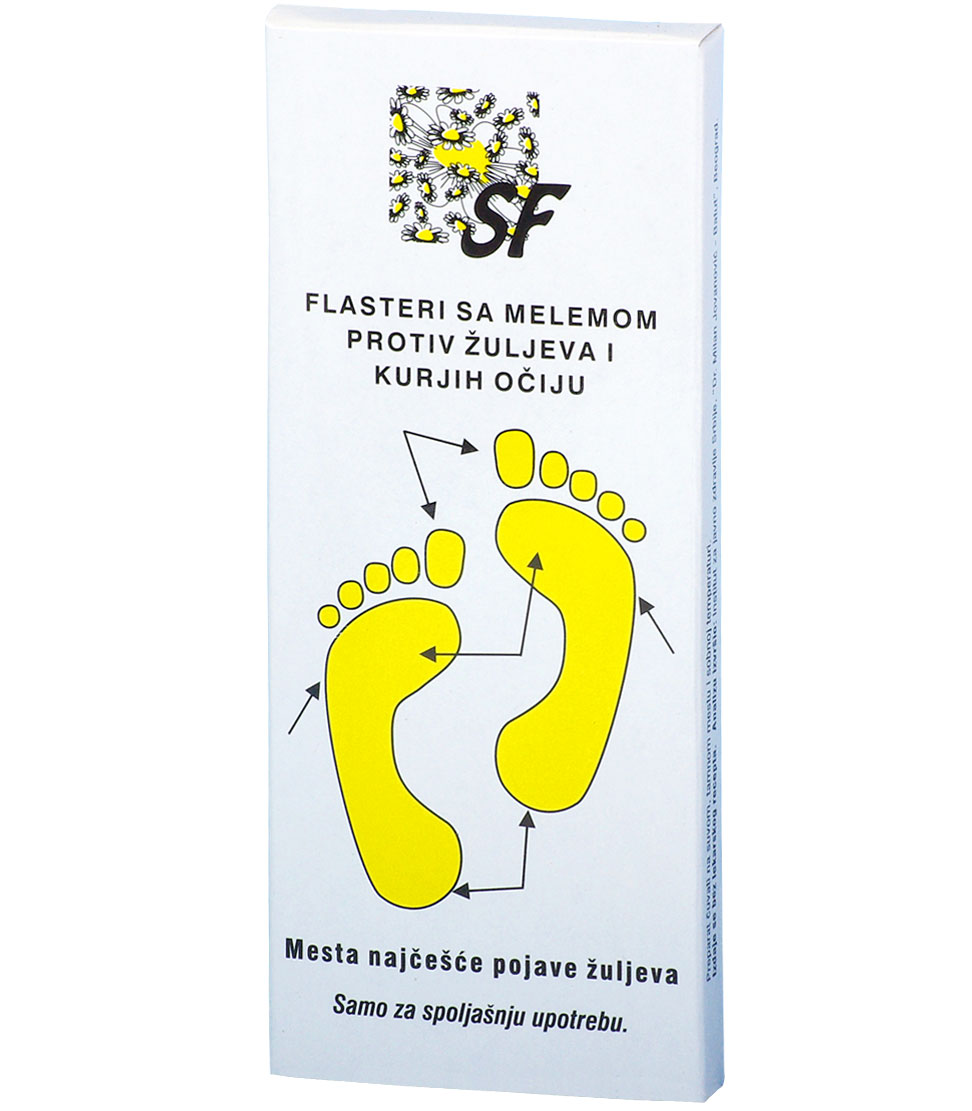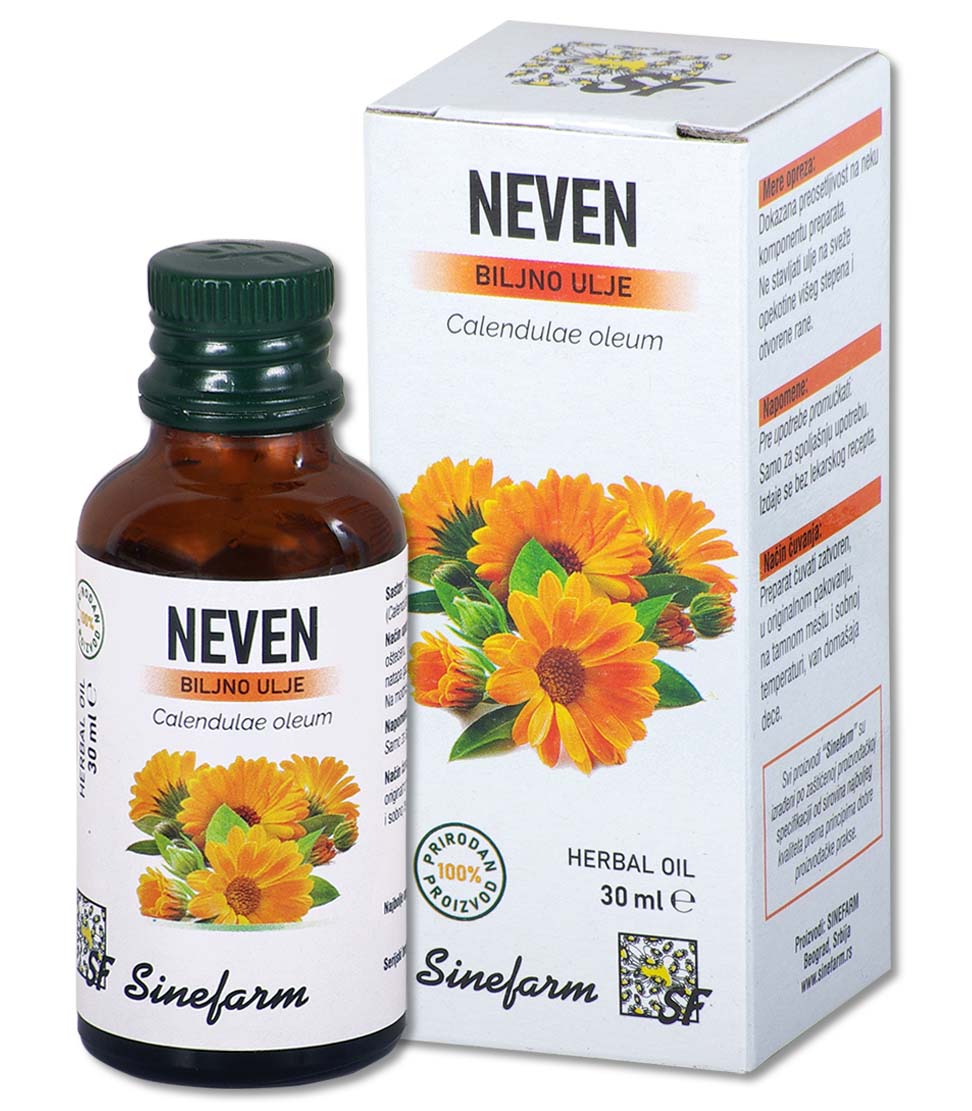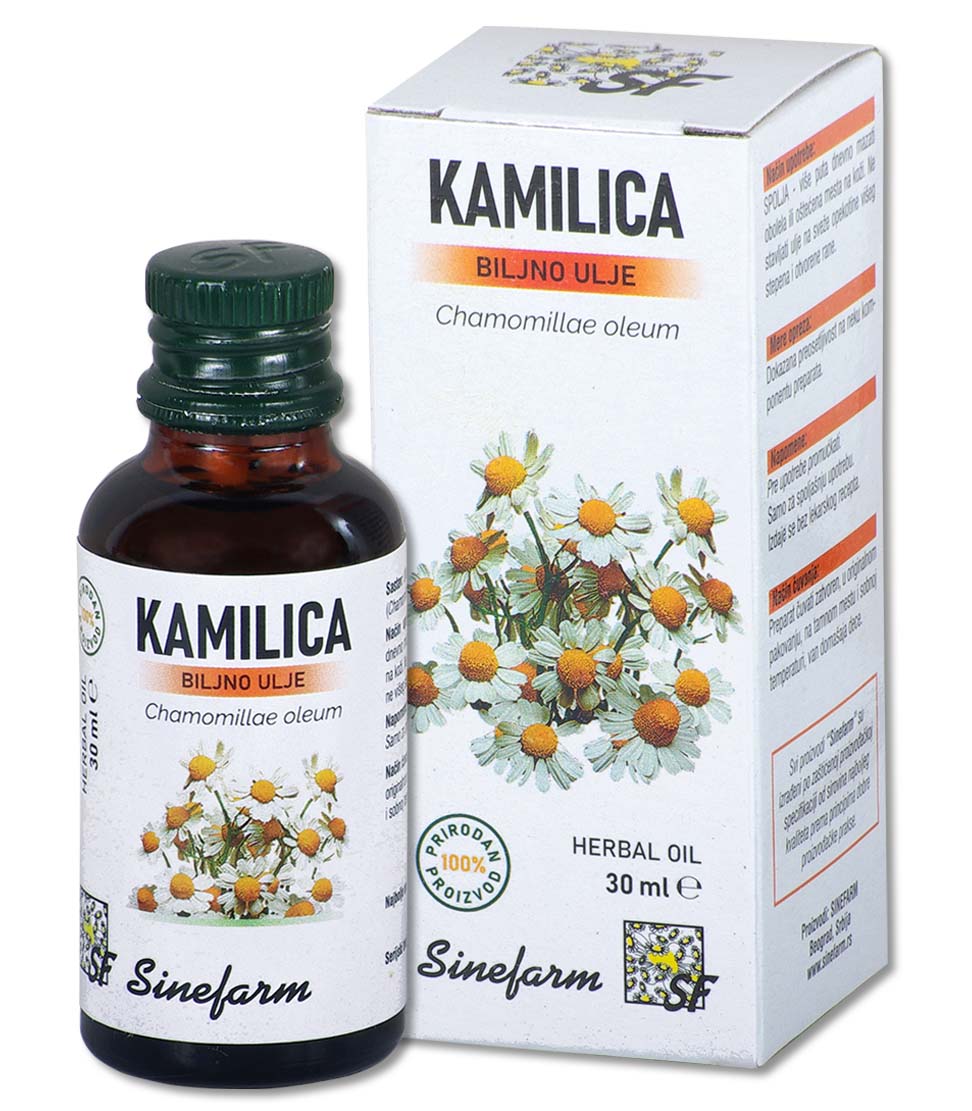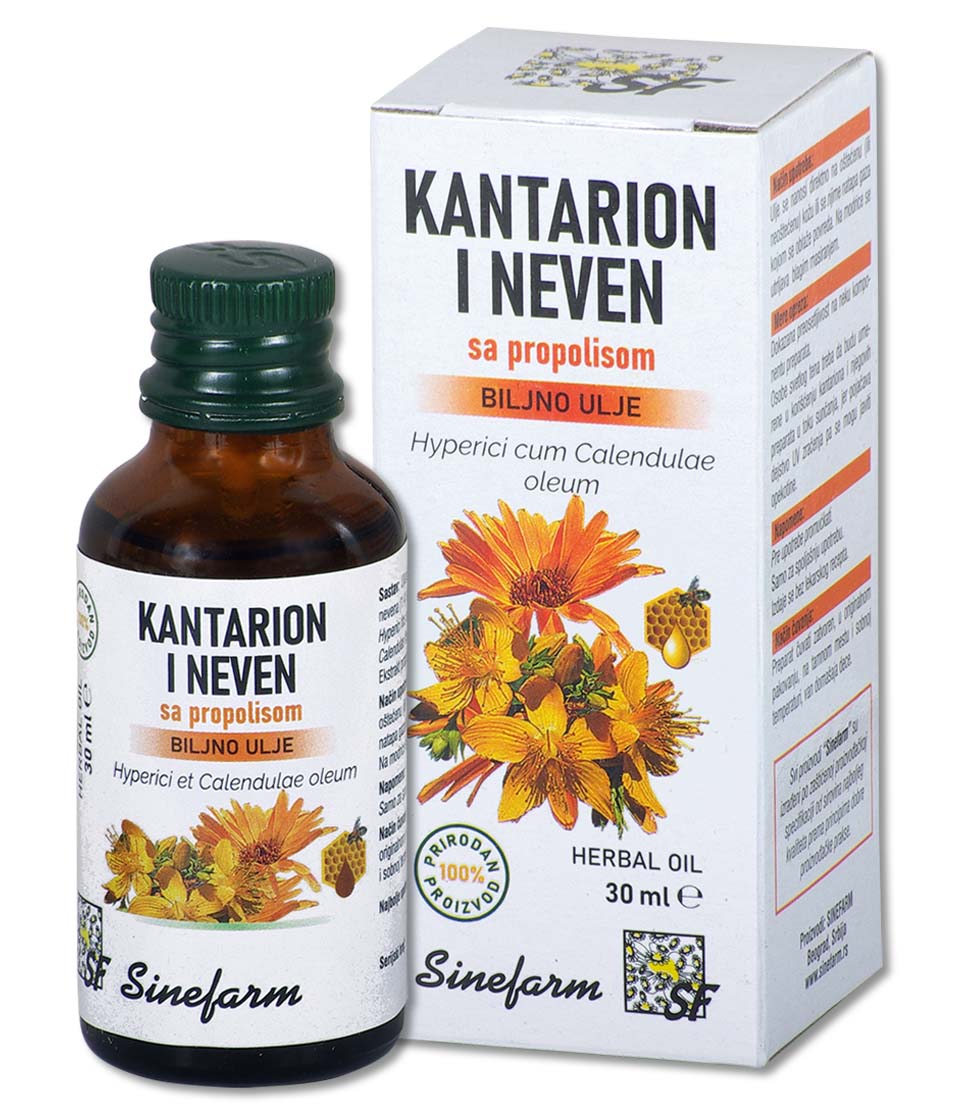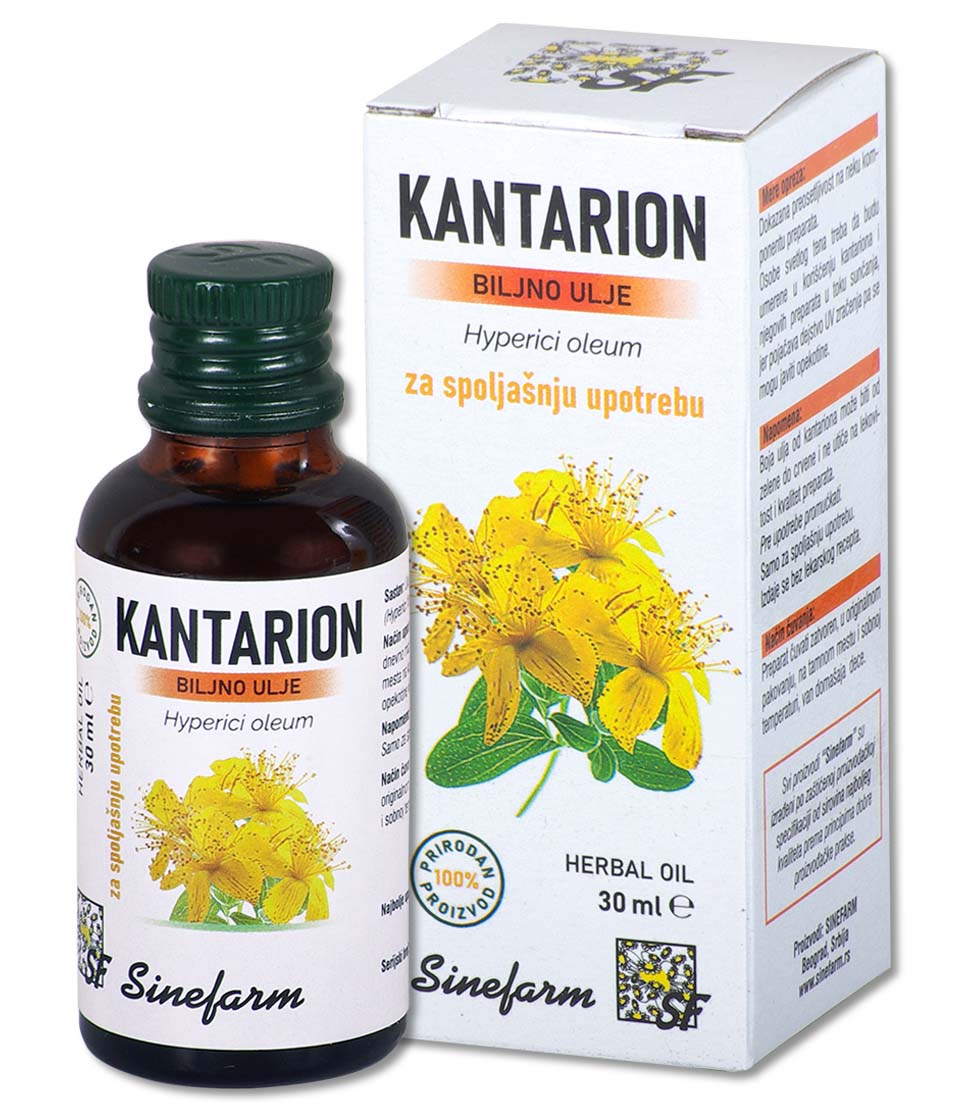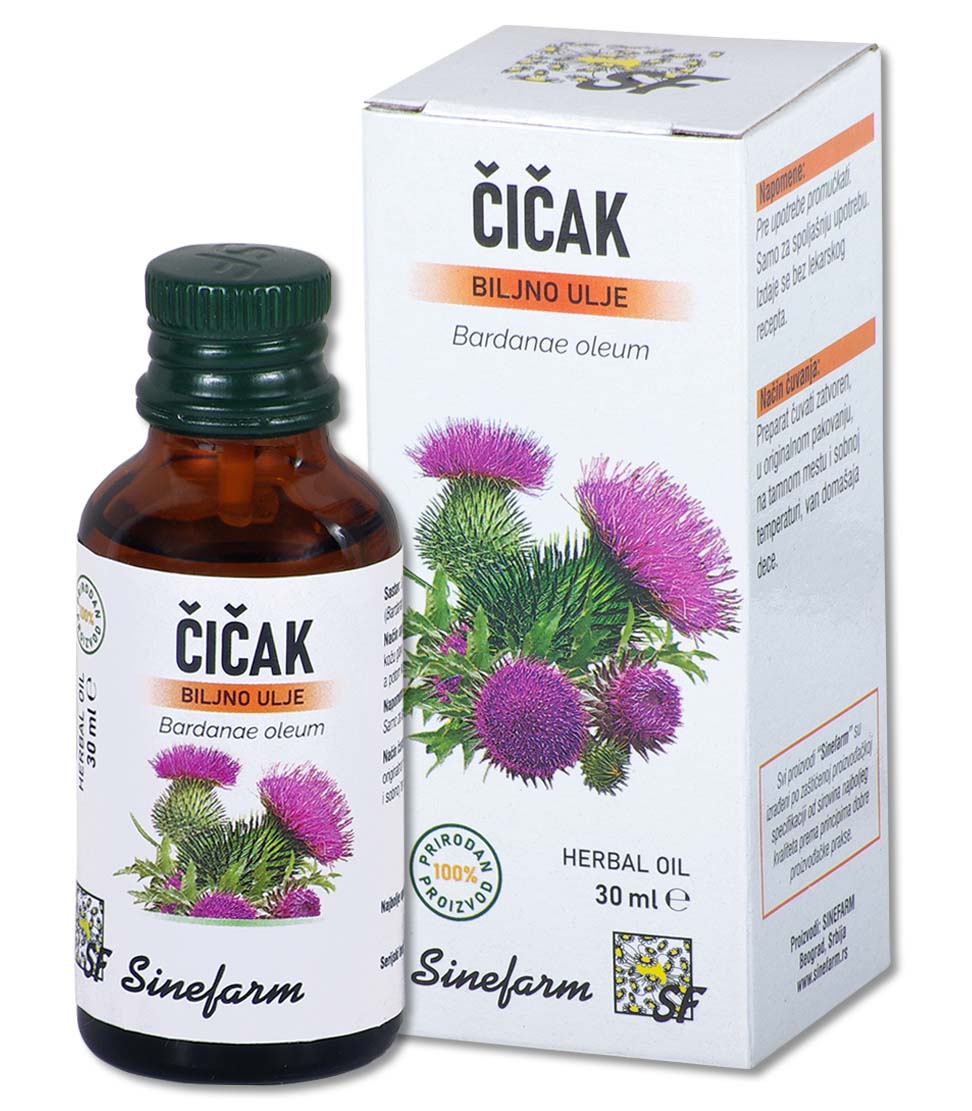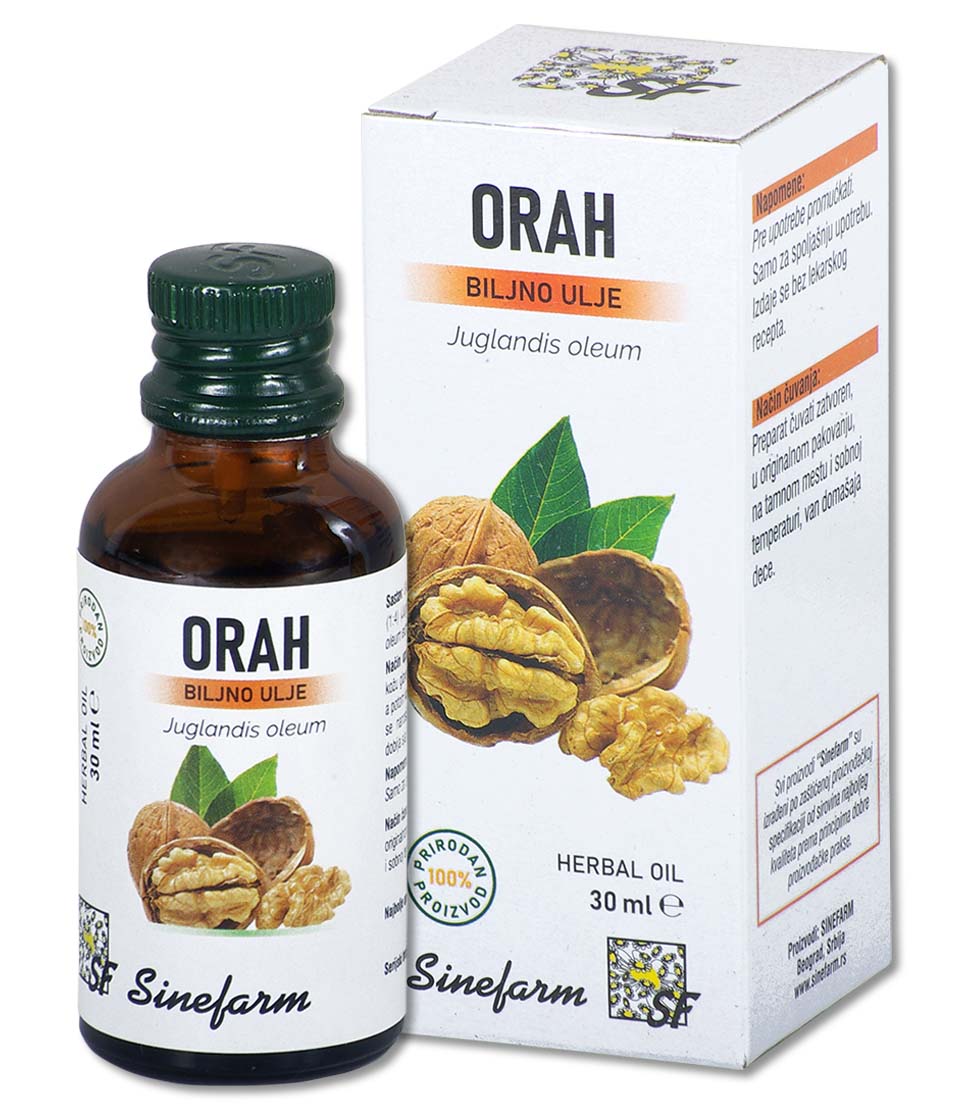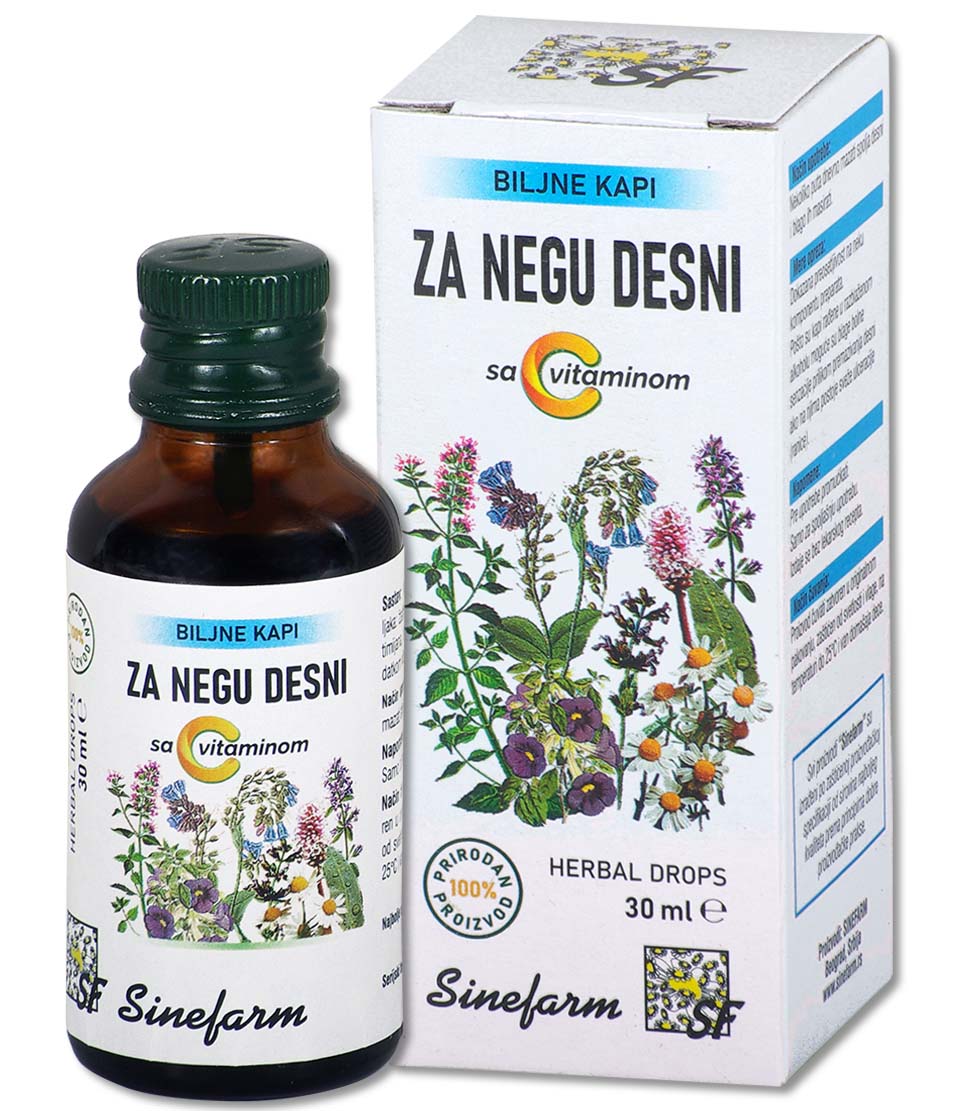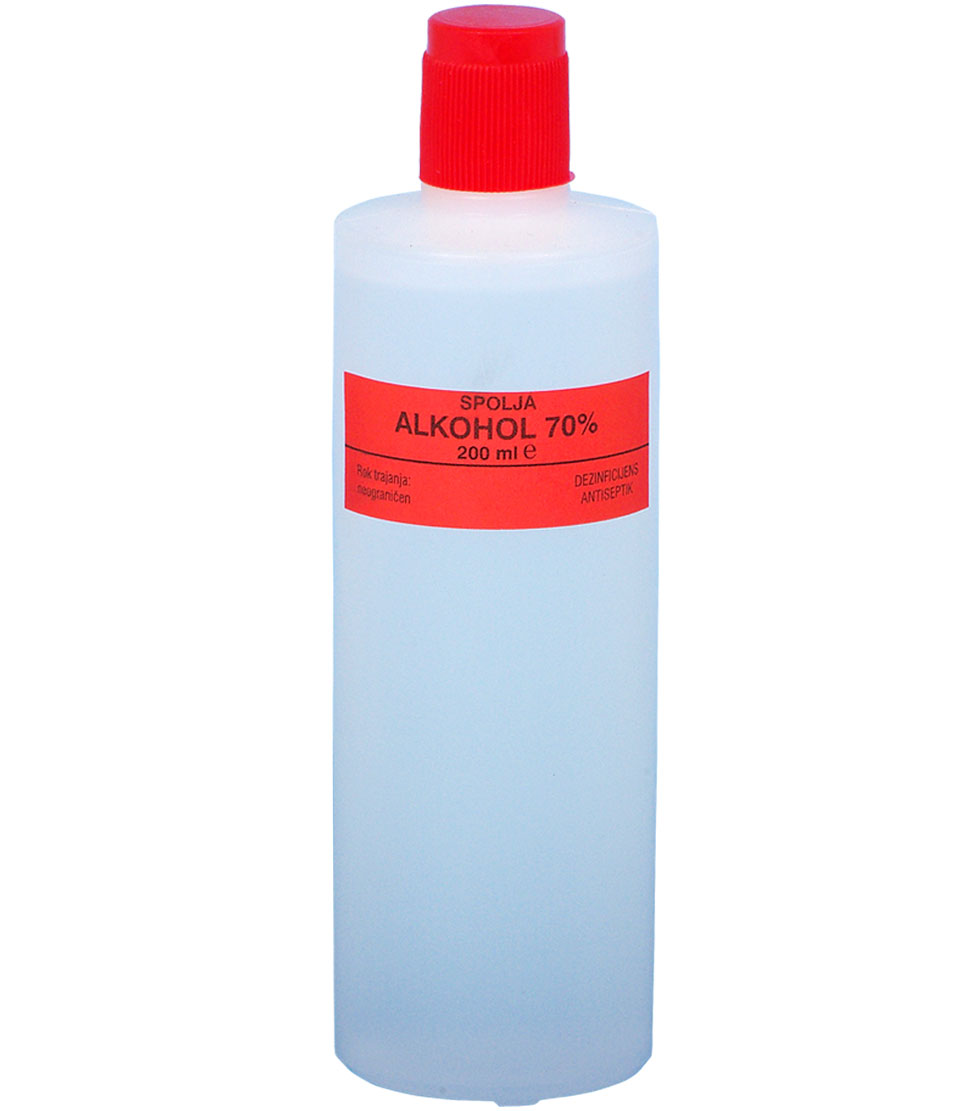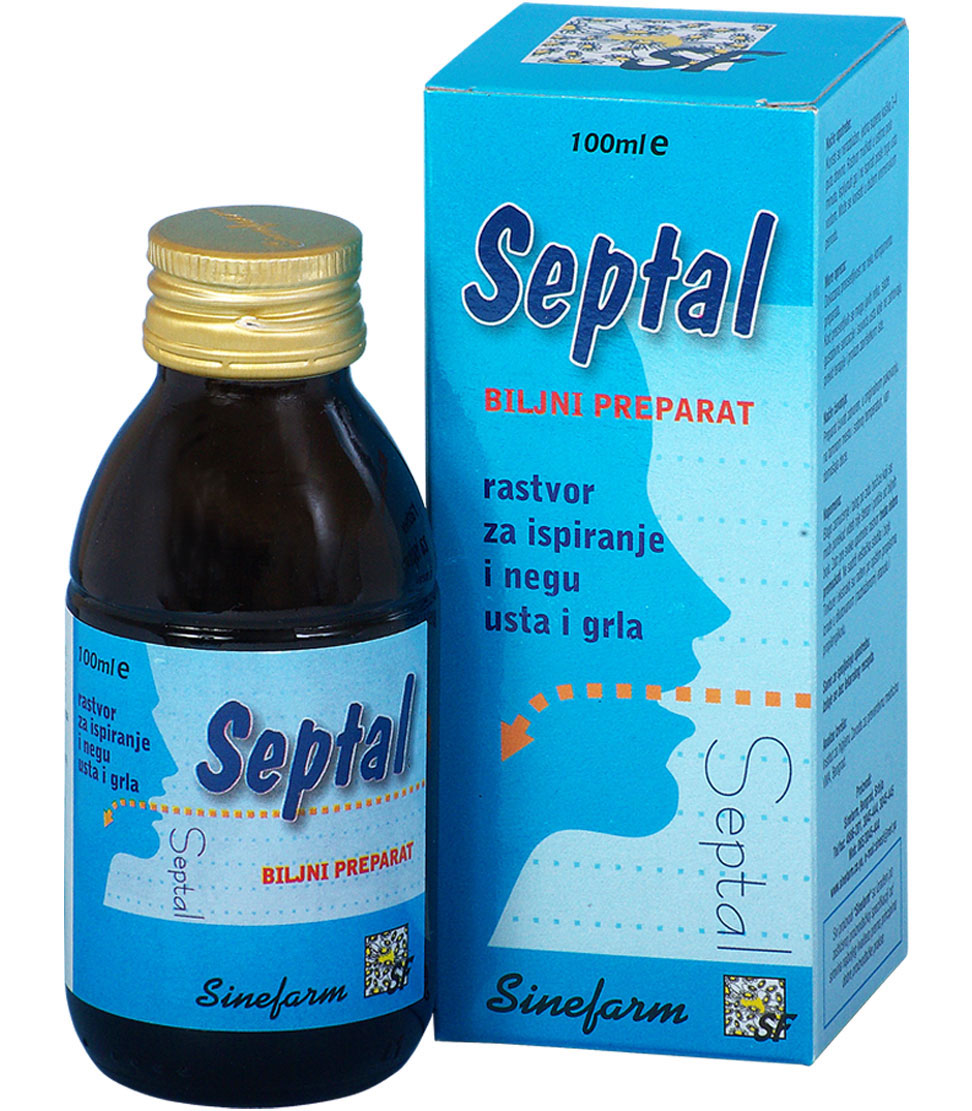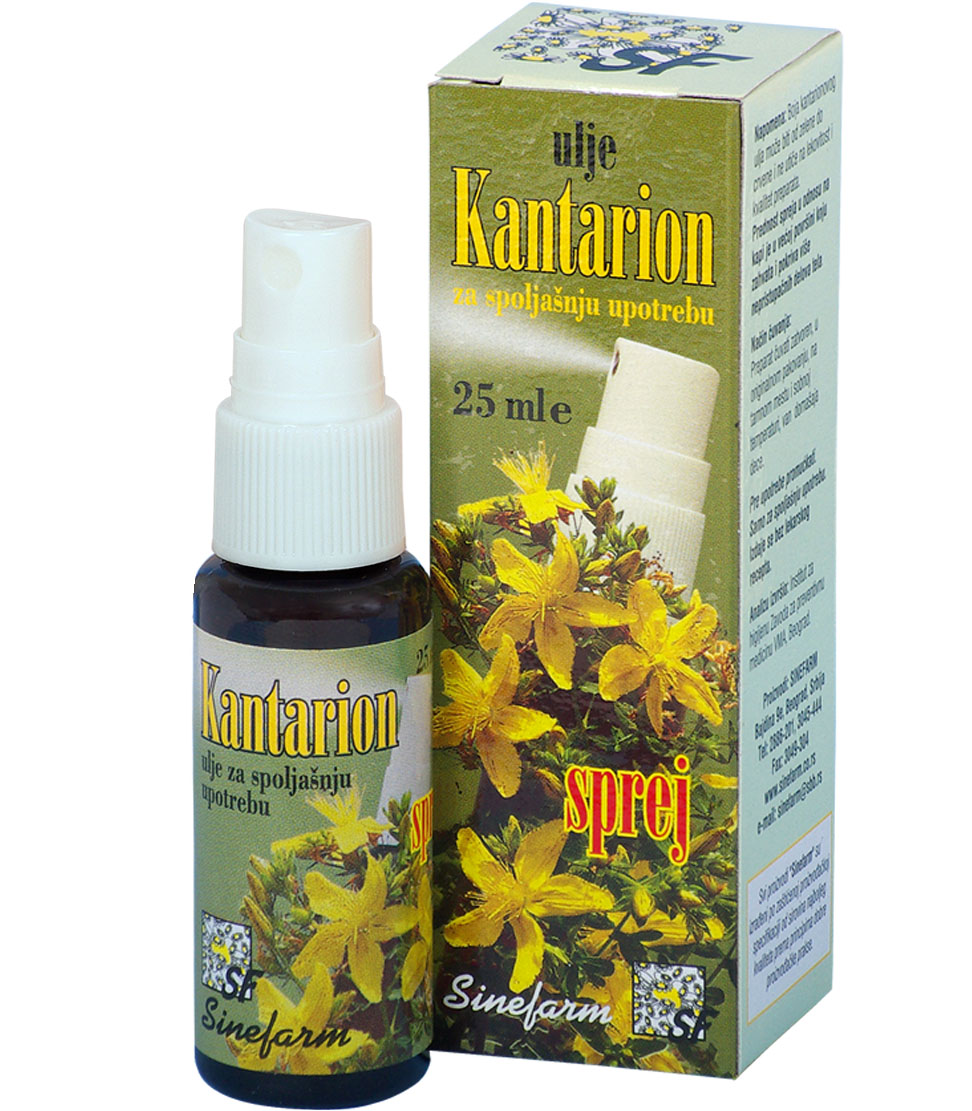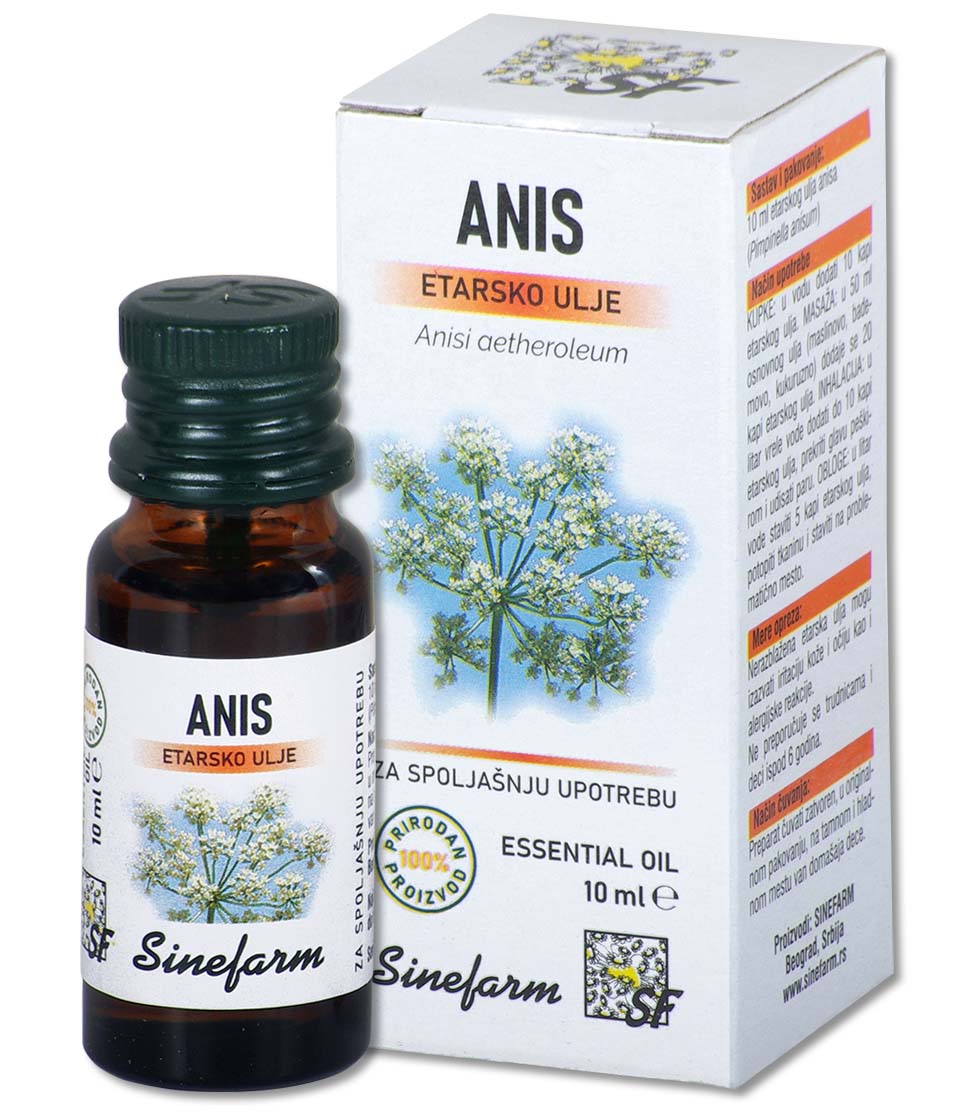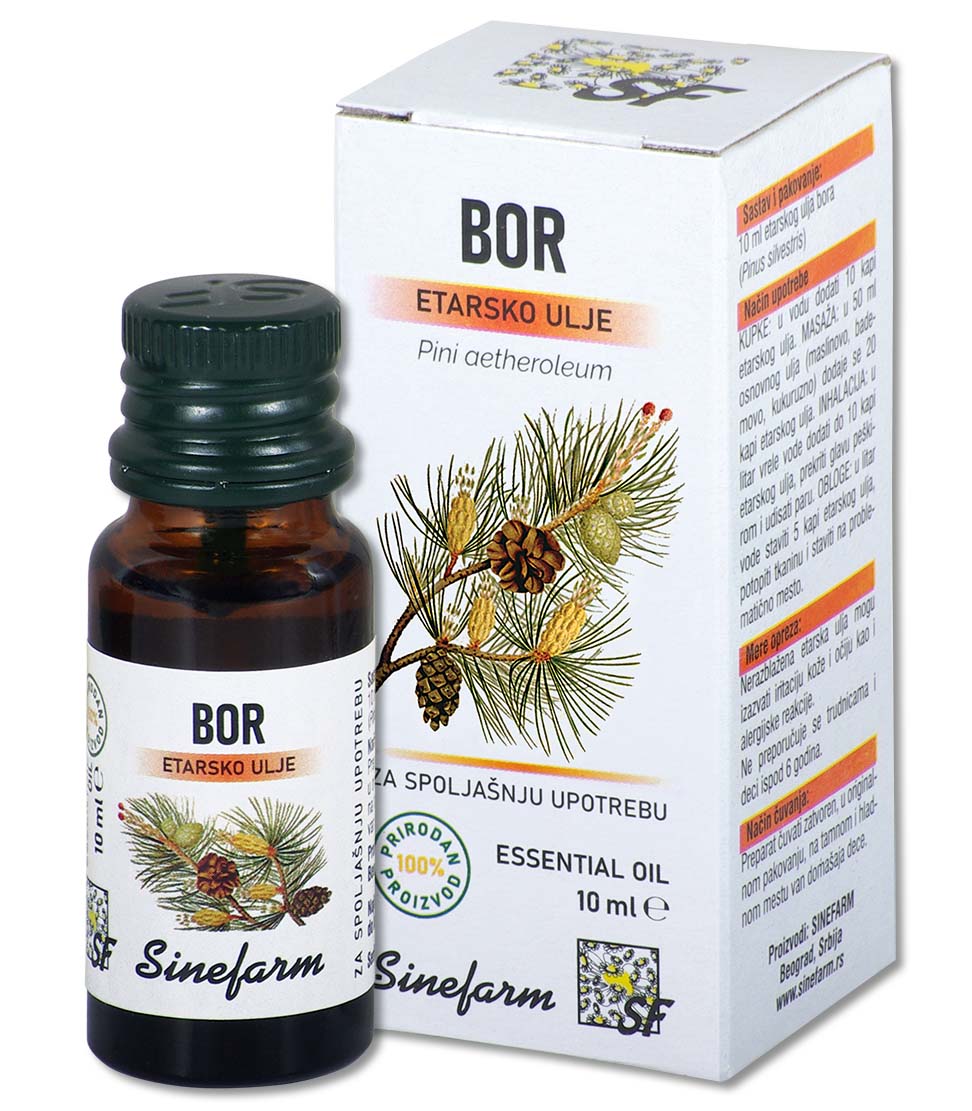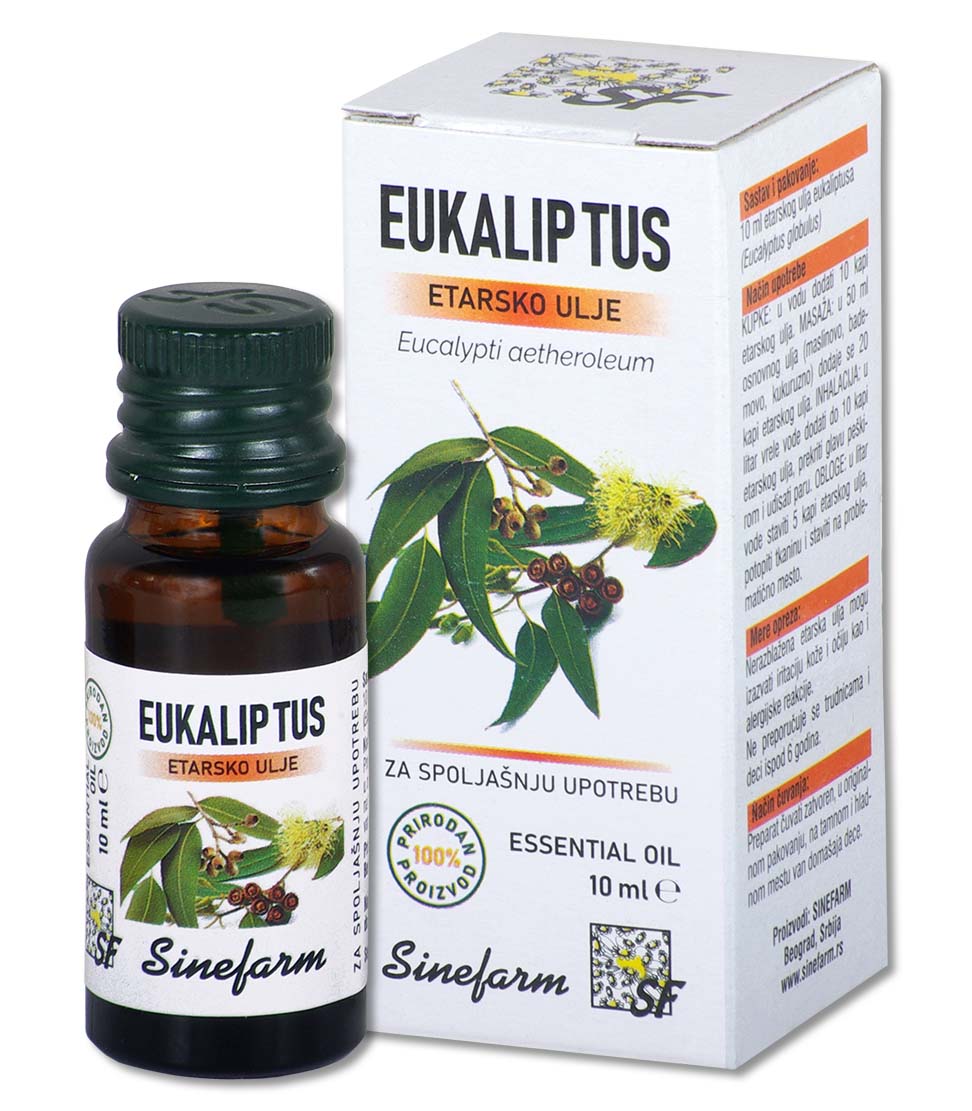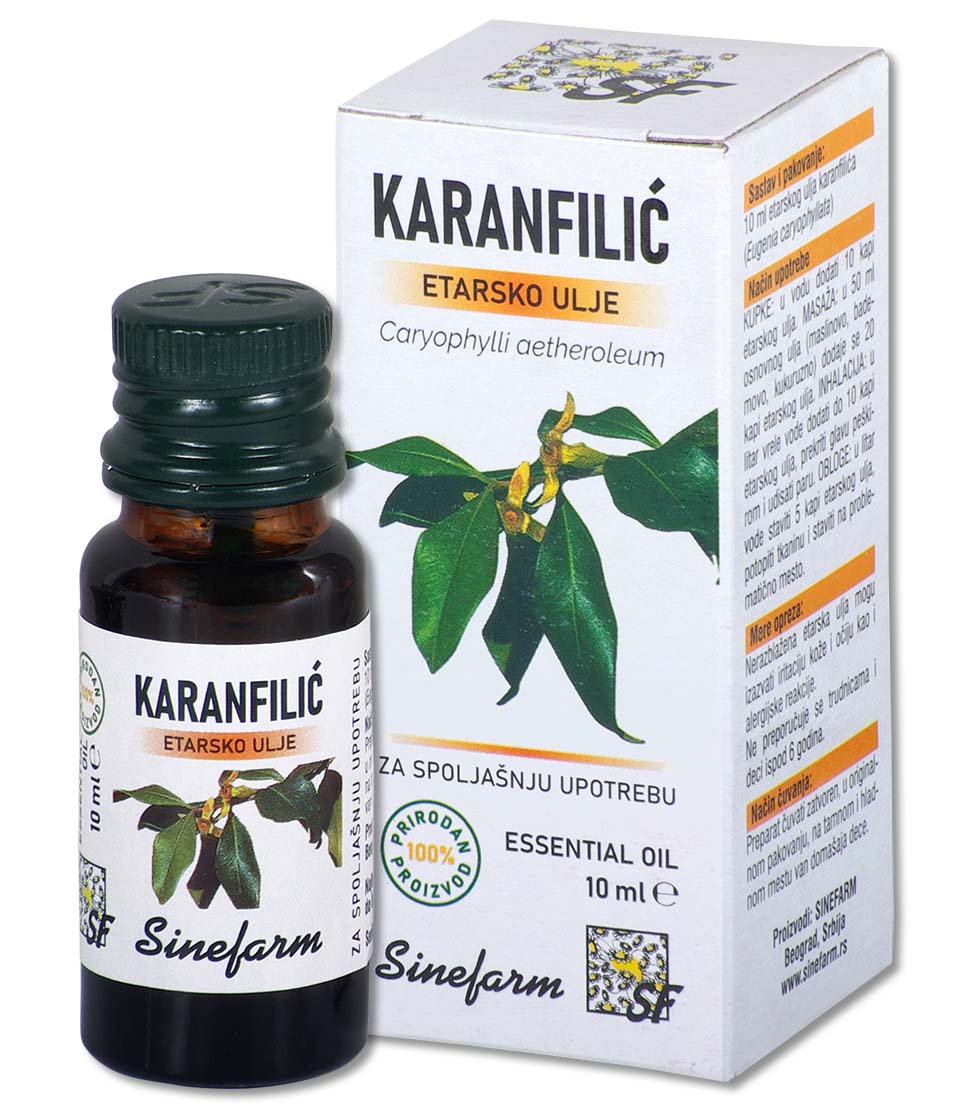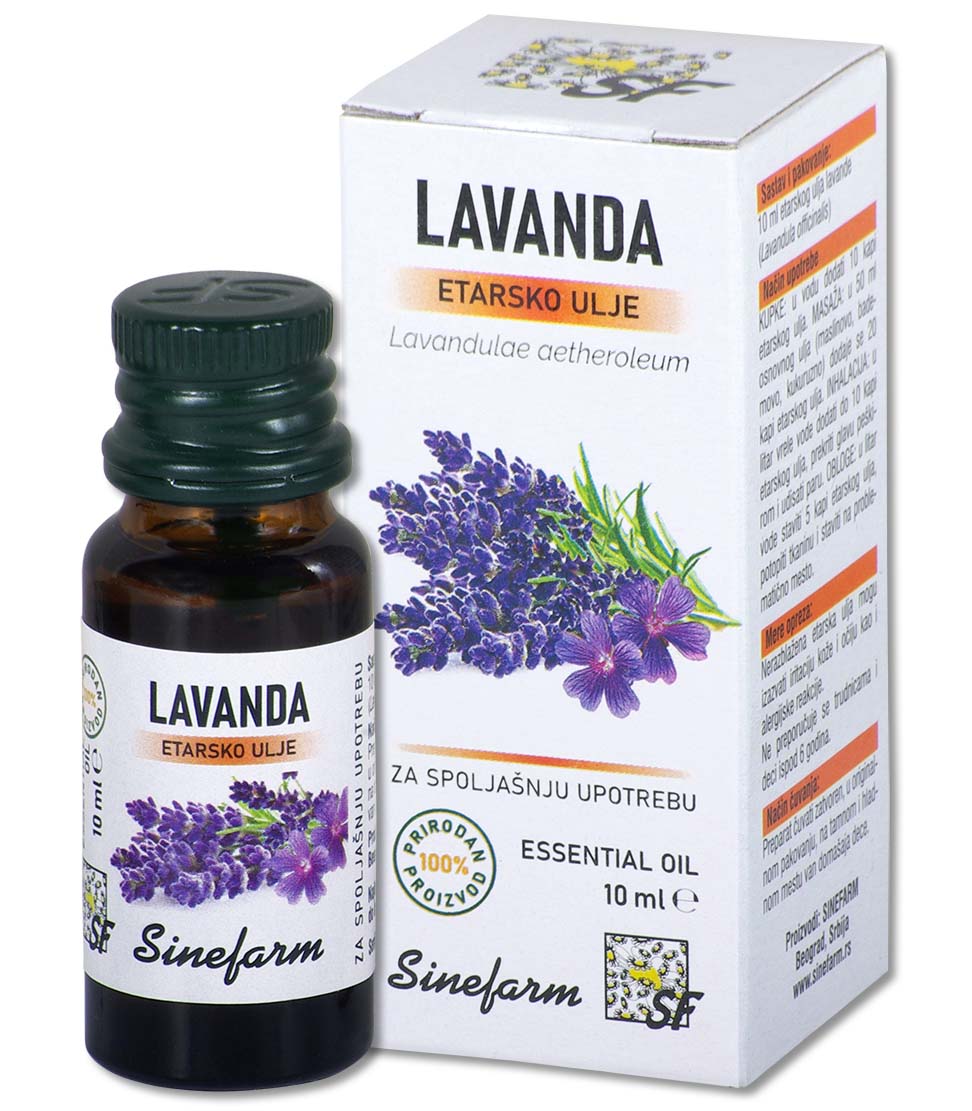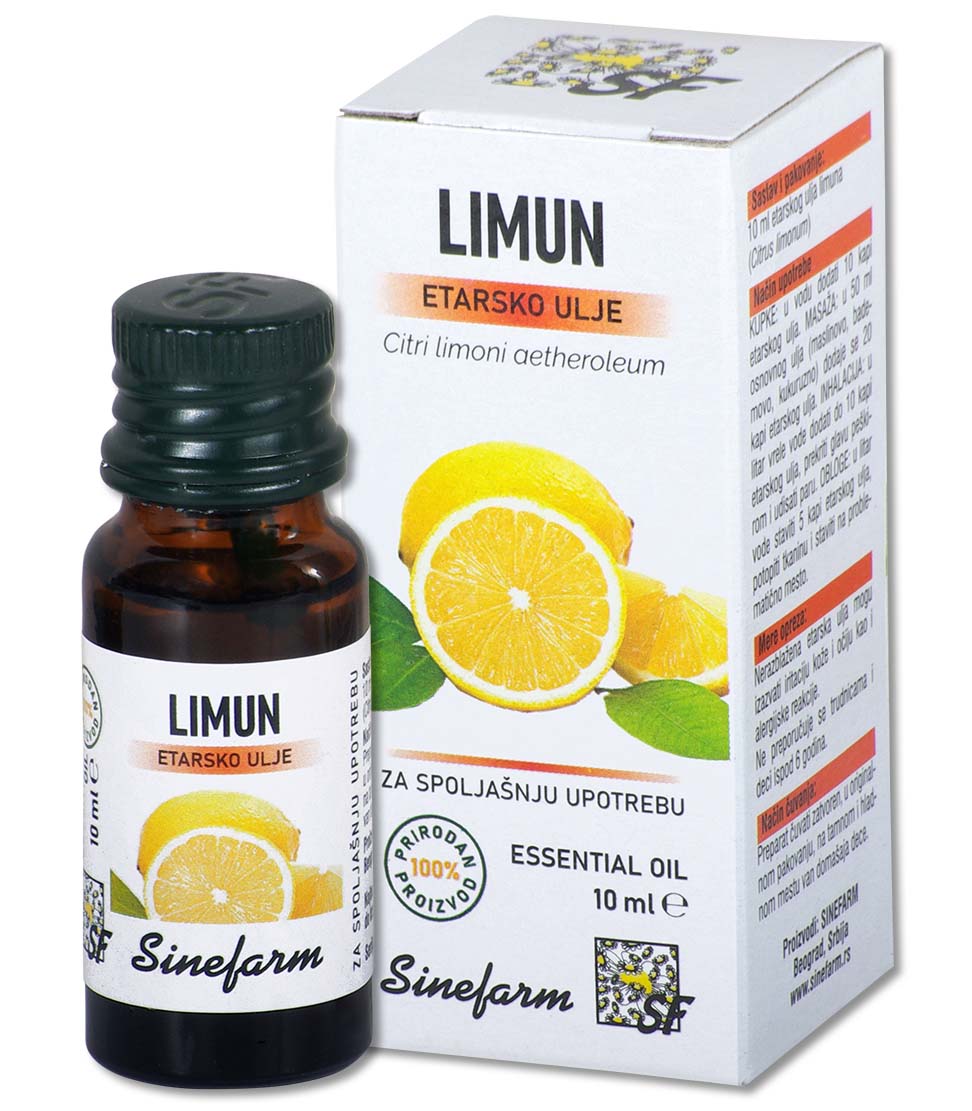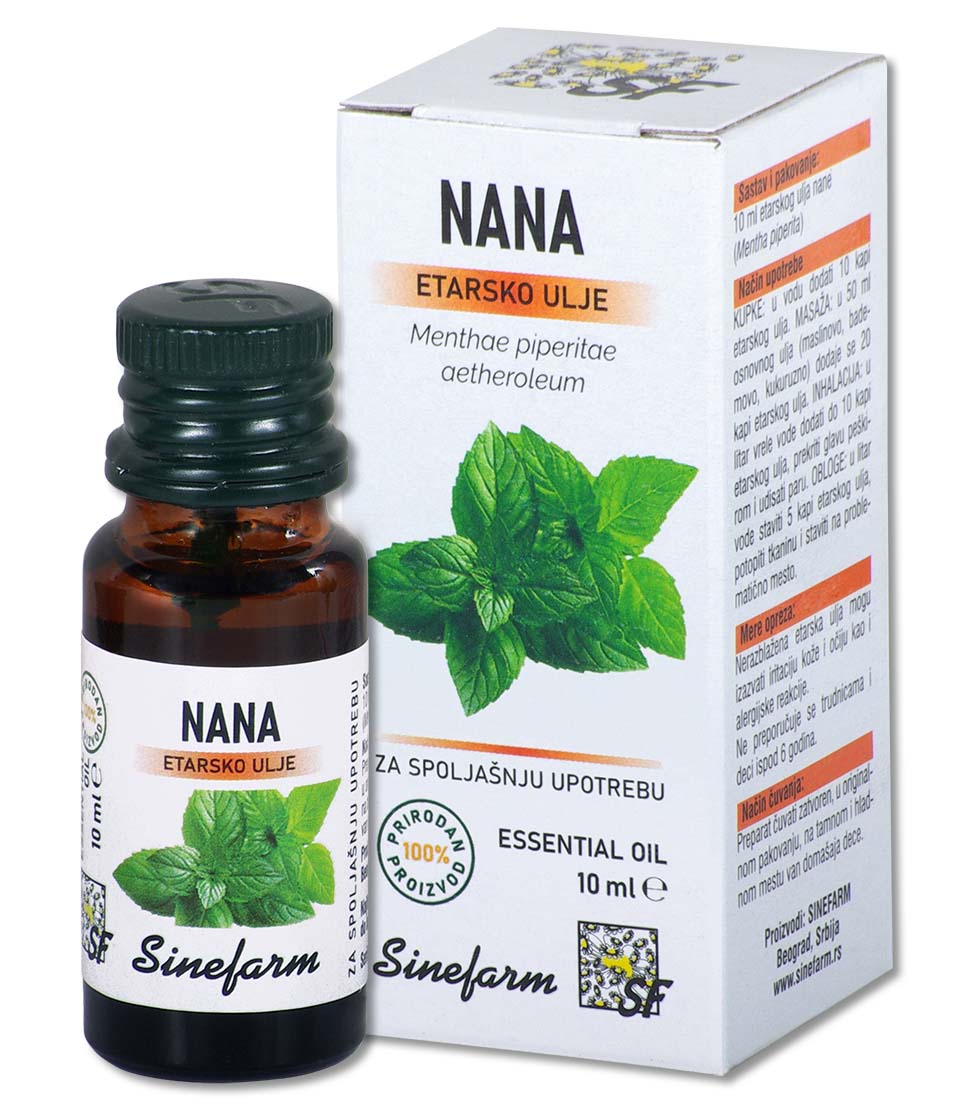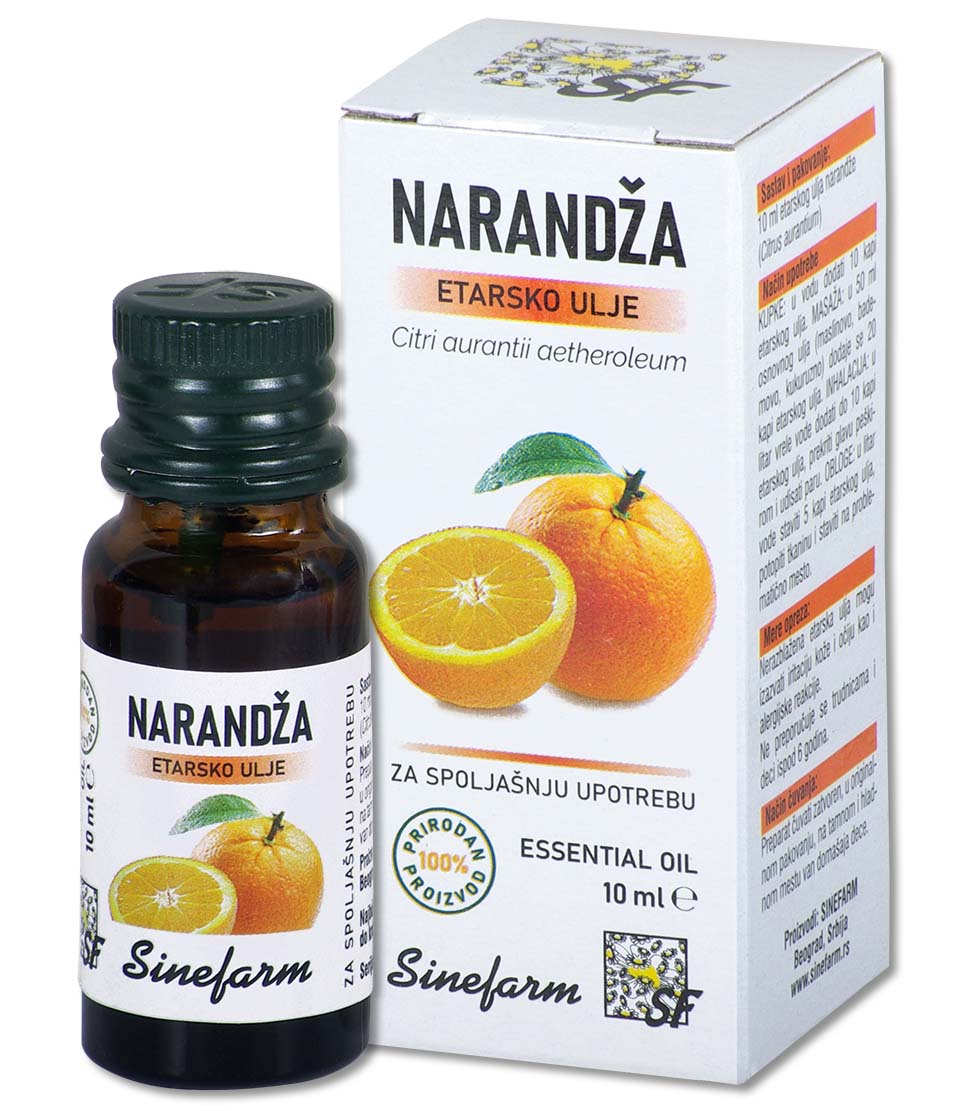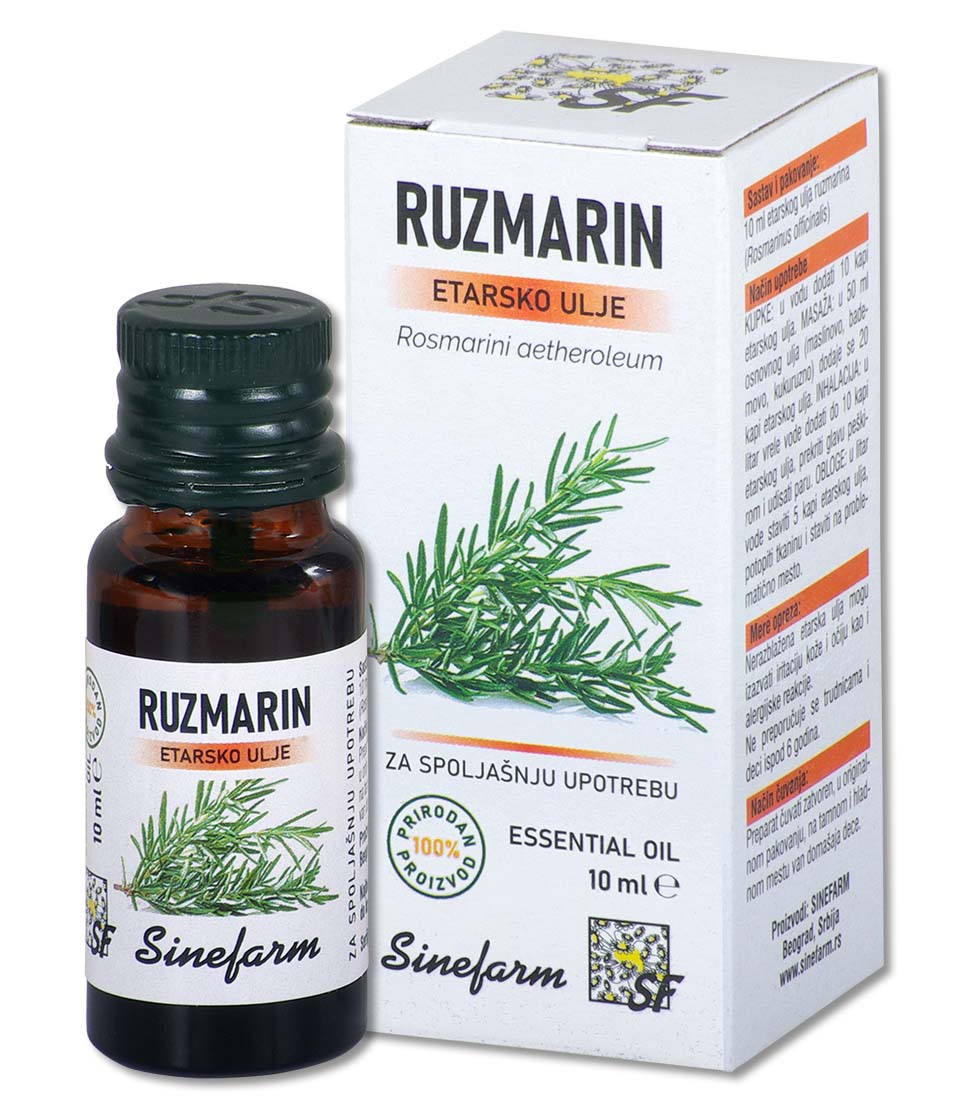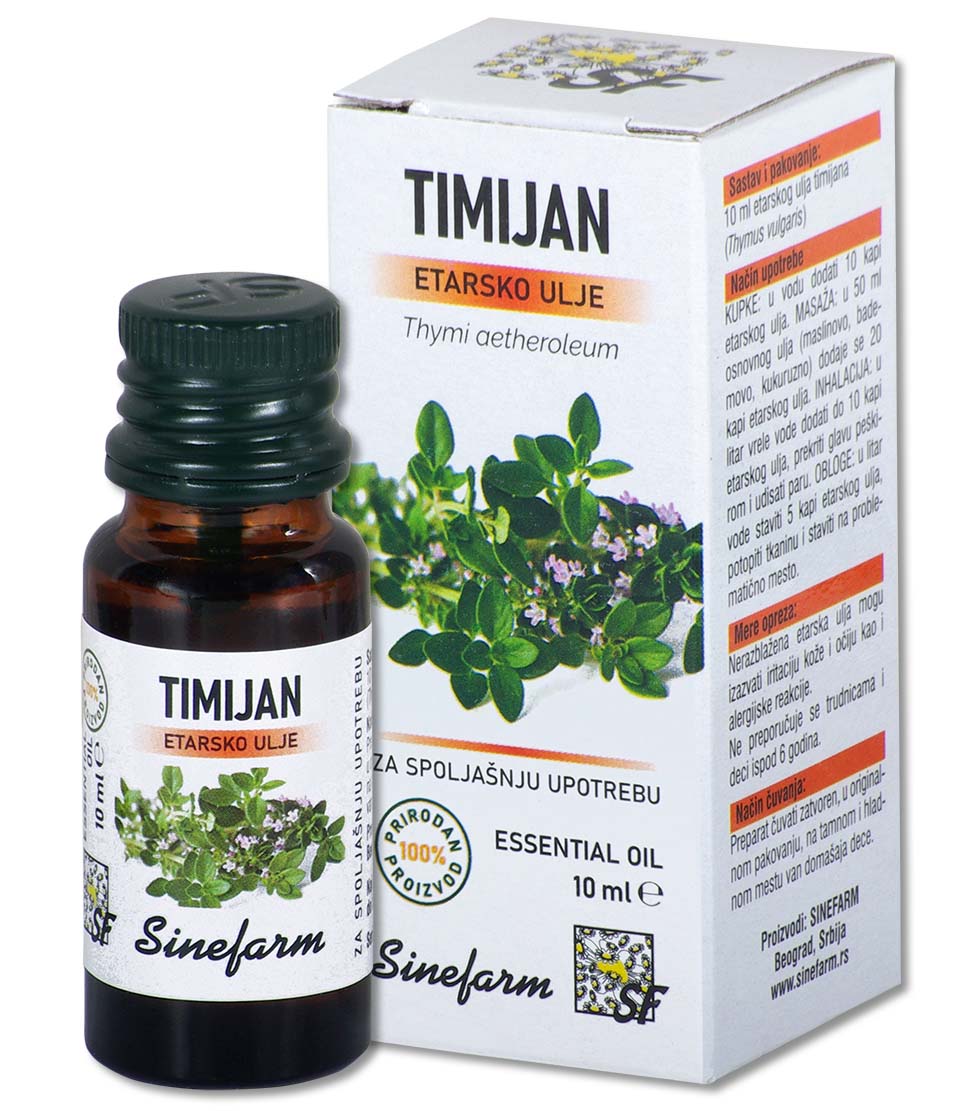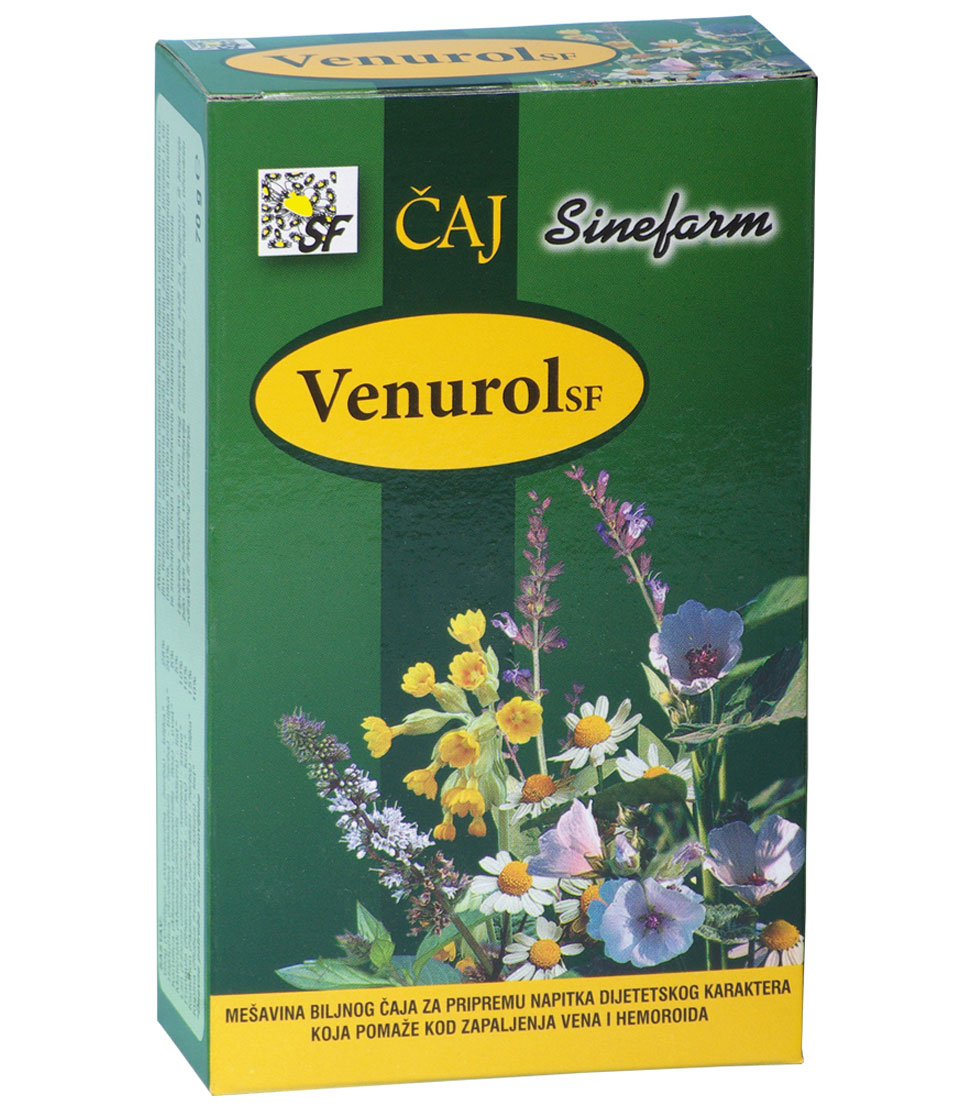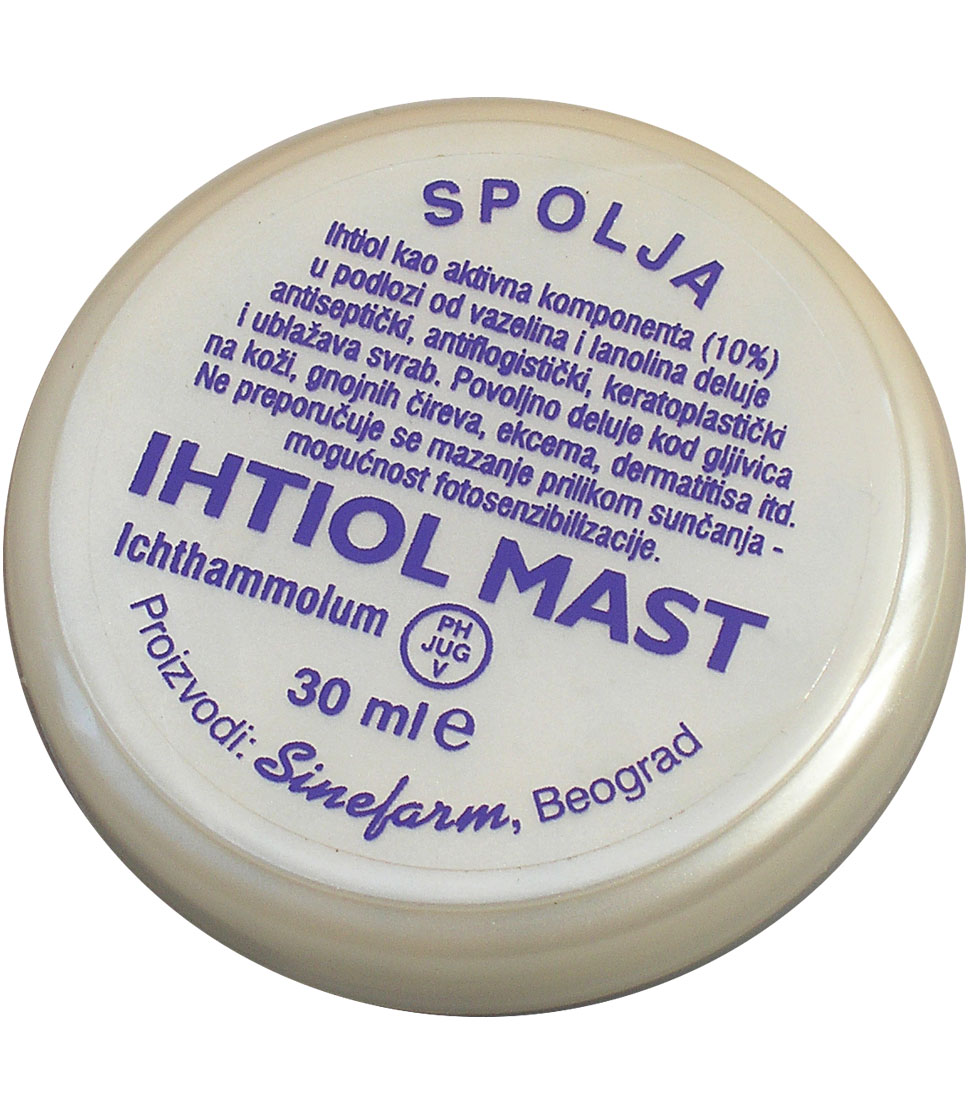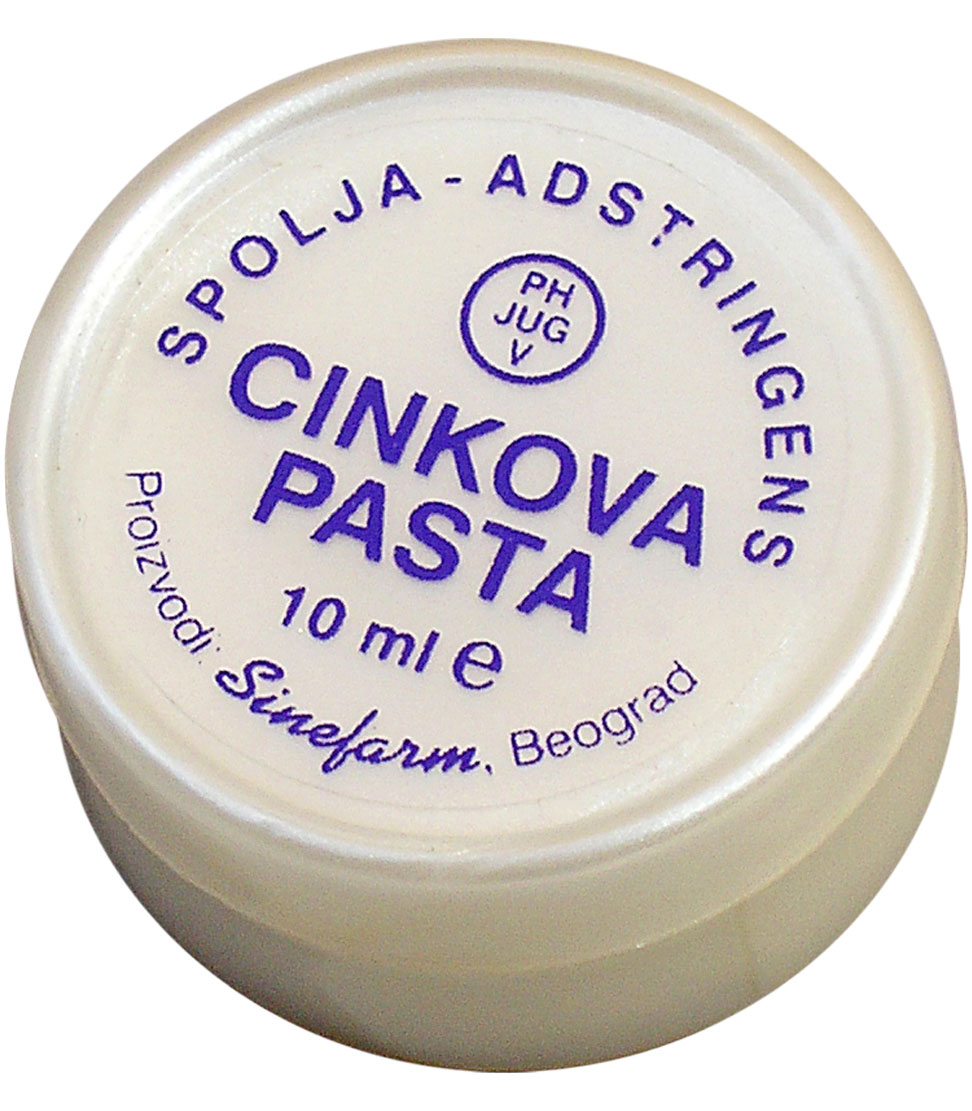MARIGOLD ointment, carrot extract
and vitamins A, D and E-50 ml-e
MARIGOLD ointment, carrot extract
and vitamins A, D and E-50 ml-e
Ingredients:
Oily extract of marigold flower and fresh carrot root (1:4) with vitamins A, D and E in a suitable medium.
Characteristics and effects:
Marigold is an antiphlogistic, epithelial and antimicrobial. It is most often used externally for healing wounds and rapid epithelialization of damaged tissue. It helps with purulent inflammation of the skin, for dressing wounds, after wasp and bee stings and in the period of tissue regeneration after burns.
Marigold oil extract improves epithelialization and is used in creams for healing and removing scars from burns and preparations for the care of dry, rough and cracked skin. It helps with varicose veins and dermatitis of various etiologies.
Marigold petals contain essential oils (0.1-0.5%) with menthone, γ-terpinene, caryophyllene, carotenoids, bitter substances (calendulin), sterols, calendulasides (2-10%), flavonoids, immunostimulating polysaccharides and tannins that have an anti-inflammatory effect by inhibiting leukocyte infiltration and inflammatory processes and help tissue granulation.
The antiphlogistic effect is probably related to the presence of prostaglandin type E-1.
Fresh carrot oil extract is a natural source of vitamins A, D and E in sufficient quantity to accelerate the revitalization of the damaged epithelium of the mucous membrane or skin and prevent bacterial and fungal infections.
Vitamin E improves the microcirculation of collagen and elastic connective tissue fibers and has a strong anti-inflammatory effect. It has a strong antioxidant effect on free radicals. It prevents the formation of acne and purulent processes by suppressing the oxidative processes of sebum ingredients on the surface of the skin, that is, the oxidation of unsaturated fatty acids, as well as other substances that easily oxidize in tissues and create harmful peroxides. It prevents the formation of lipoperoxide, which accelerates cell mitosis and leads to flaking of the skin and the formation of pimples.
Vitamin A deficiency leads to dryness of the skin and hyperkeratotic changes.
Instructions for use:
In addition to previously mentioned indications, marigold ointment is also used for the treatment of problematic skin prone to infections of bacterial, viral and fungal origin. It has a beneficial effect on neurodermatitis of various etiologies, superficial wounds, eczema, burns, acne, hemorrhoids, purulent processes, etc.
During sunbathing, the amount of vitamins A, D and E decreases, the surface epidermis dries out and wrinkles. This cream is used after sunbathing for the care and recovery of tanned skin. Massage into painful and damaged skin several times a day.
Safety precautions: Proven hypersensitivity to any component of the preparation.
Best before: See the packaging.
How to store: Keep closed, in the original packaging, in a dark and cool place, at temperatures up to 12°C.
N.B. For external use
Availability: May be sold without a doctor’s prescription.
Manufactured by: Sinefarm, Belgrade, Serbia www.sinefarm.rs

